Image Source = https://howlermag.com/grow-sustainably-build-sustainably-live-sustainably-costa-rica-eco-sustainable-special/
Sustainable Food System
Q. What is sustainability?
A. Sustainability is the ability to exist constantly. It is defined as the quality of causing little or no damage to the environment and therefore able to continue for a long time. It refers generally to the capacity for the biosphere and human civilization to coexist. It is also defined as the process of people maintaining change in a homeostasis balanced environment, in which the exploitation of resources, the direction of investments, the orientation of technological development and institutional change are all in harmony and enhance both current and future potential to meet human needs and aspirations.
Q. What is food system?
A.A food system includes all processes and infrastructure involved in feeding a population: growing, harvesting, processing, packaging, transporting, marketing, consumption, and disposal of food and food-related items. It also includes the inputs needed and outputs generated at each of these steps. A food system operates within and is influenced by social, political, economic and environmental contexts.
Q. What is a sustainable food system?
A. A sustainable food system is one that does not require chemicals, conserves energy and water, emphasizes local production, decreases inputs and utilizes resources more efficiently on site, values biodiversity and ecology, and works within our global natural resource limitations. It aims to create a more direct link between the producers and consumers.
Developing sustainable food system is a shift in way the food is produced, processed and consumed.
Q. What is sustainable agriculture?
A. Sustainable agriculture system satisfies human food and fiber needs in which the fertility of soil is maintained and improved; the availability and quality of water is protected and enhanced; our biodiversity is protected; farmers, farm workers, and all other individual in value chains have livable incomes.
A key connecting many of these practices is diversification. “Keep it simple” is good advice in many situations, but when it comes to agriculture, the most sustainable and productive systems are more diverse and complex—like nature itself.
Q. Why is developing sustainable food system important?
A. The modern agriculture is a highly energy intensive operation and major contributor to GHGs and a leading cause of loss biodiversity. Agricultural operations use about 20 percent of the fossil-fuel energy and out of this, 40 percent is indirect energy used in the development of chemical pesticides and fertilizers. There is a need to work with natural processes to conserve all resources, minimize waste, and lessen the impact on environment.
According to the UN, 60 percent of the world population will be living in urban areas by 2030. Increase in urban population also means increased quantities of food to be distributed, which increases the transportation of food, contributing to traffic congestion and air pollution.
Q. How can the consumers contribute in making food systems sustainable?
A. Consumer is the key contributor in developing a sustainable food system. For this we will have to forgo convenience as adopting a sustainable food system requires personal investment, but the benefits are worth the effort. Just a few minor tweaks in daily life can have a huge impact on the way the food system develops in future.
- Include locally grown and seasonal items in food.
- Encourage cooking own food and eating variety of food. Discourage processed and packaged food items.
- Wasting minimum food should be the objective. Try composting the food waste.
- We must realize the true cost of food by taking into account the environmental and social costs of mass food production.
- Try to go organic, support farmers producing organic foods and support local shops.
- Educate and train the next generation.
[Contribution by: Jaspreet Singh, Senior Manager (Environment)]
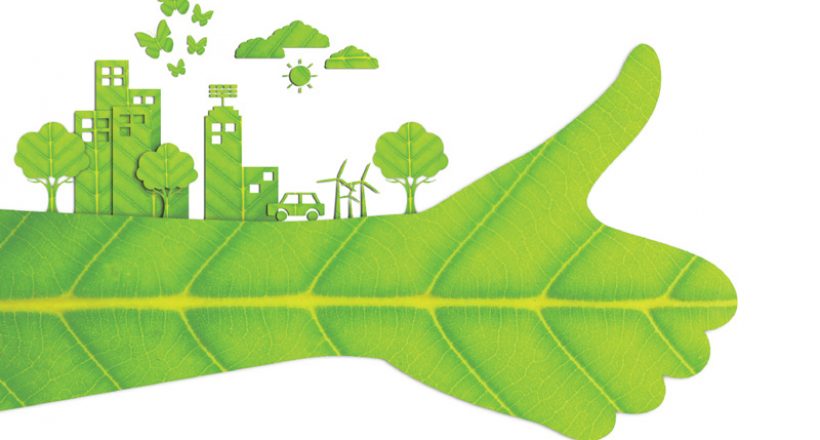










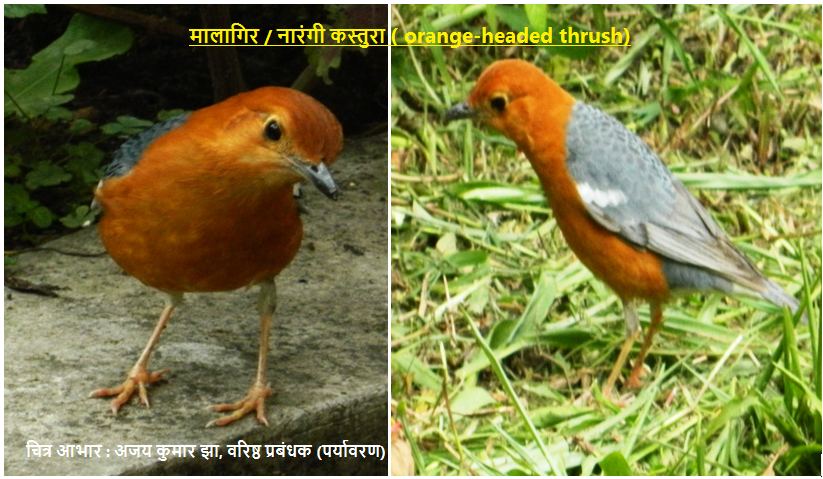


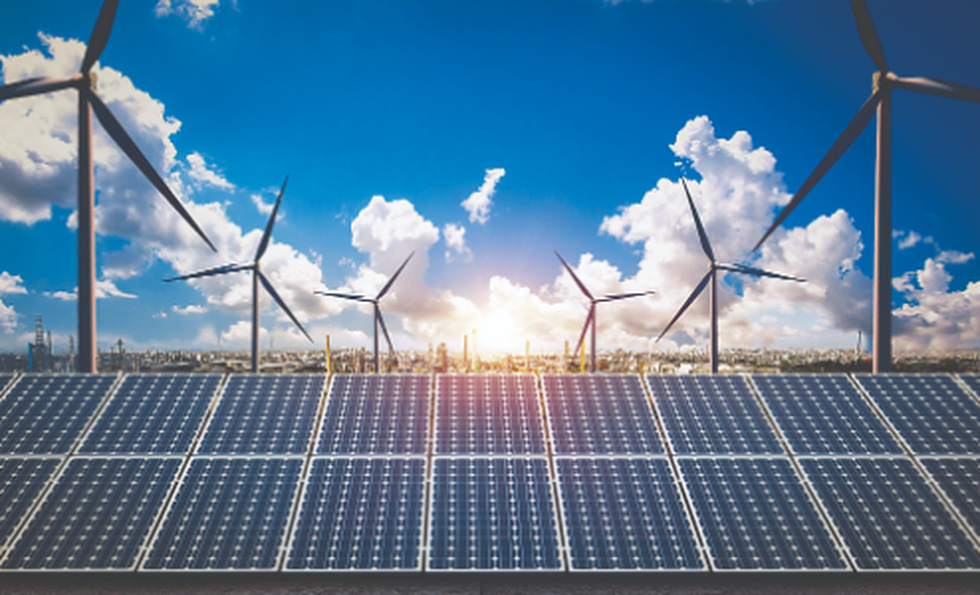



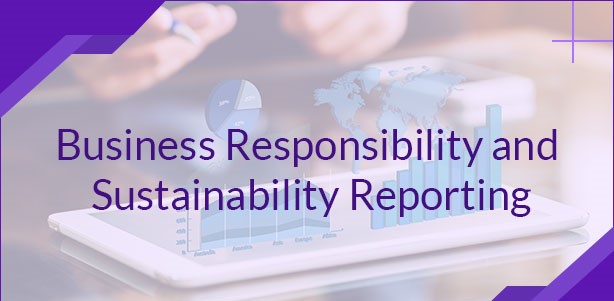

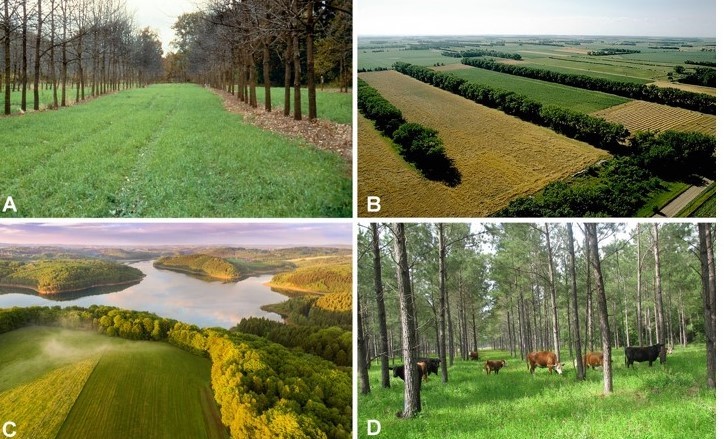
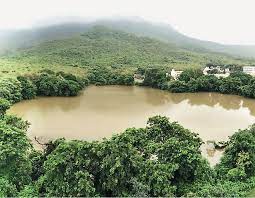
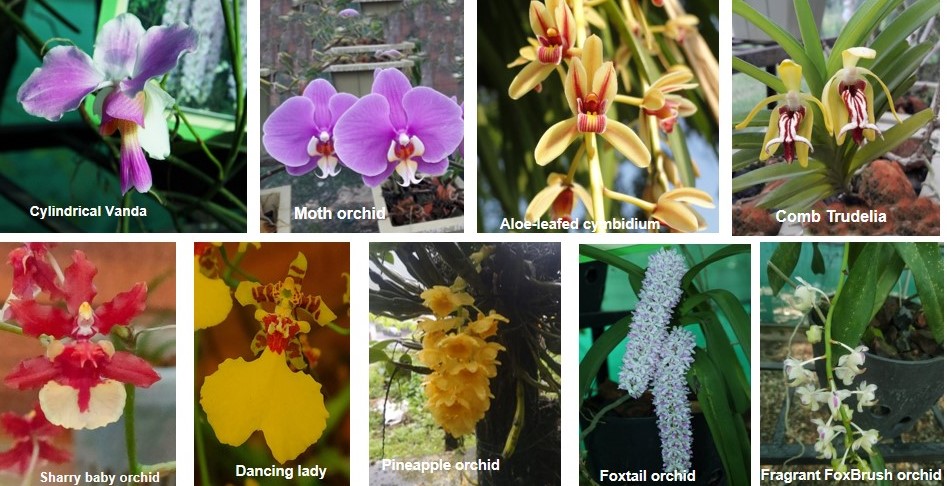
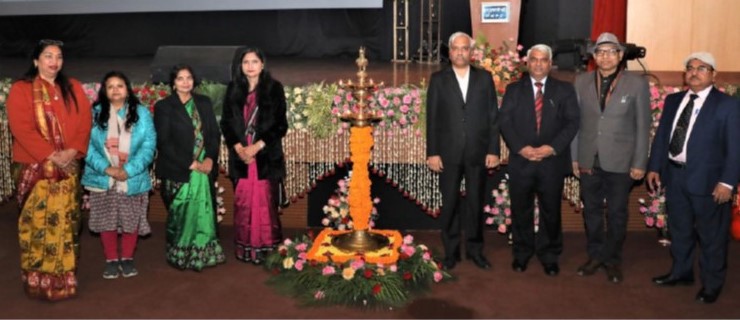
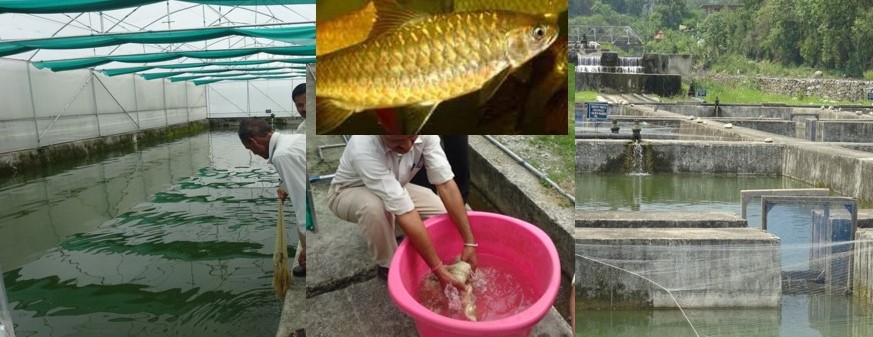




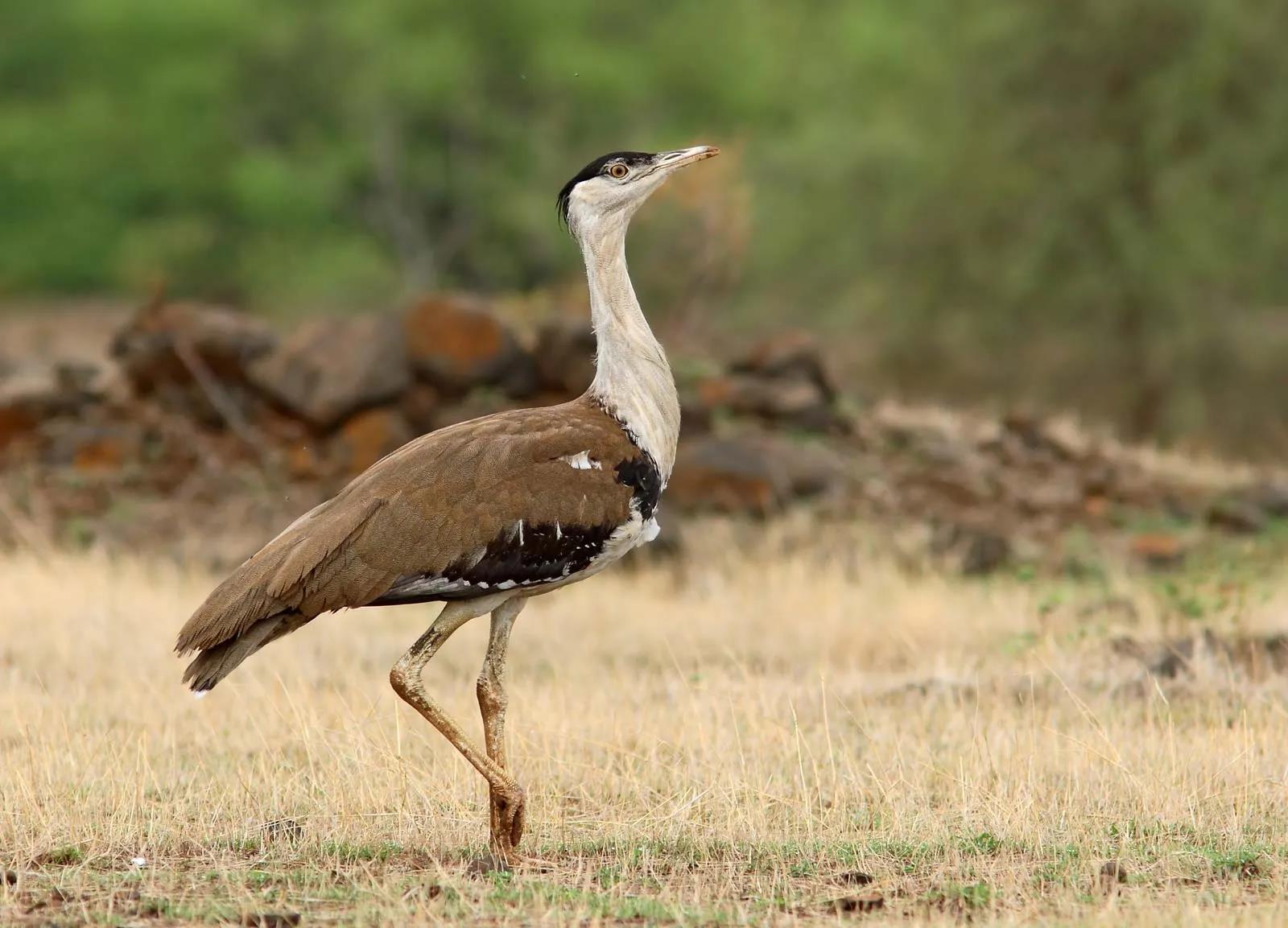
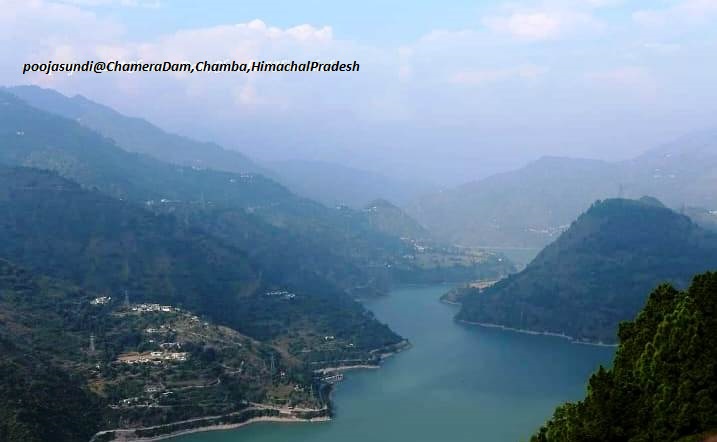
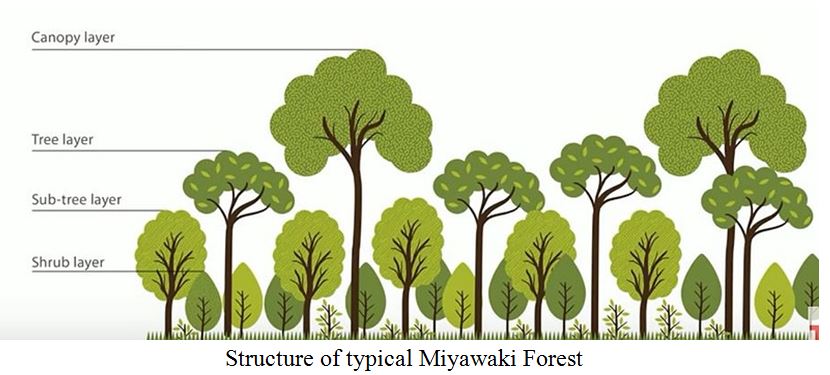
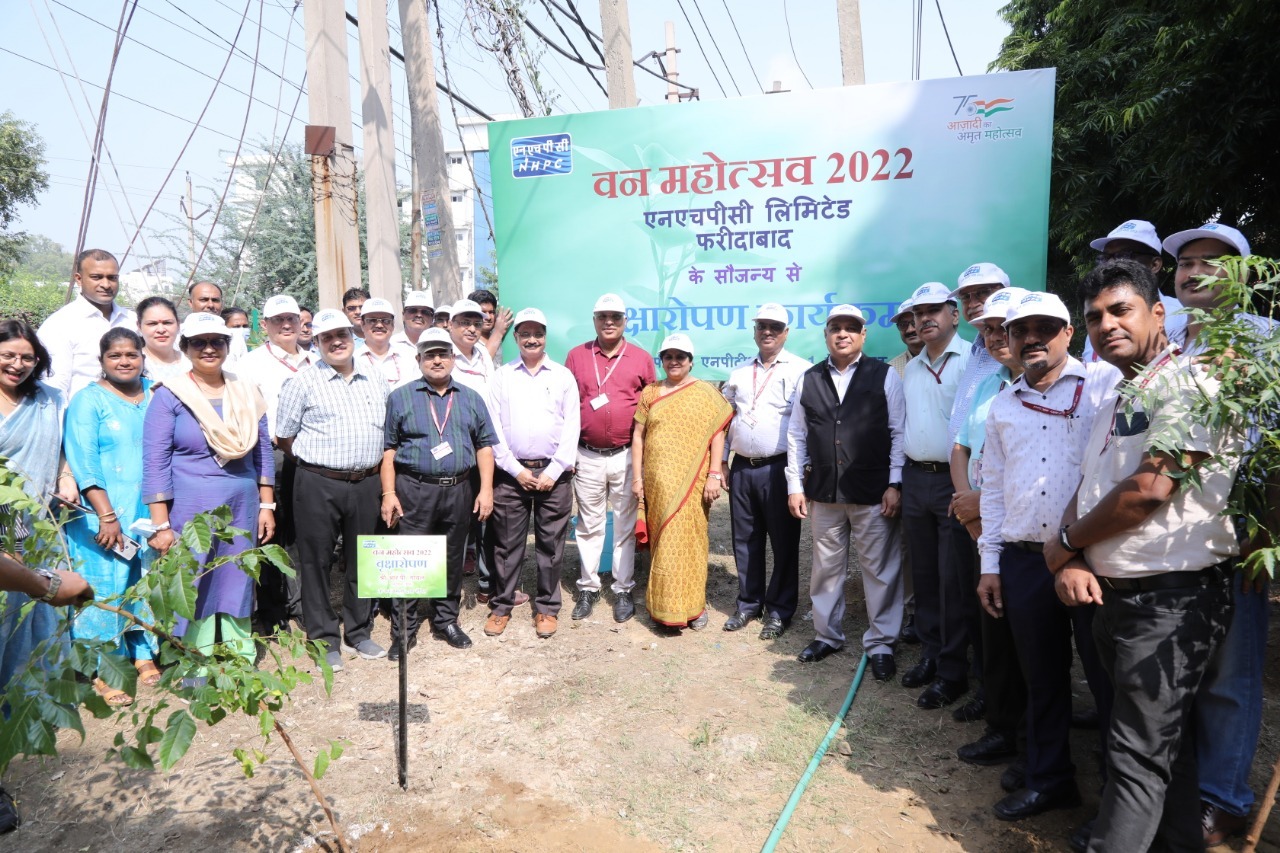
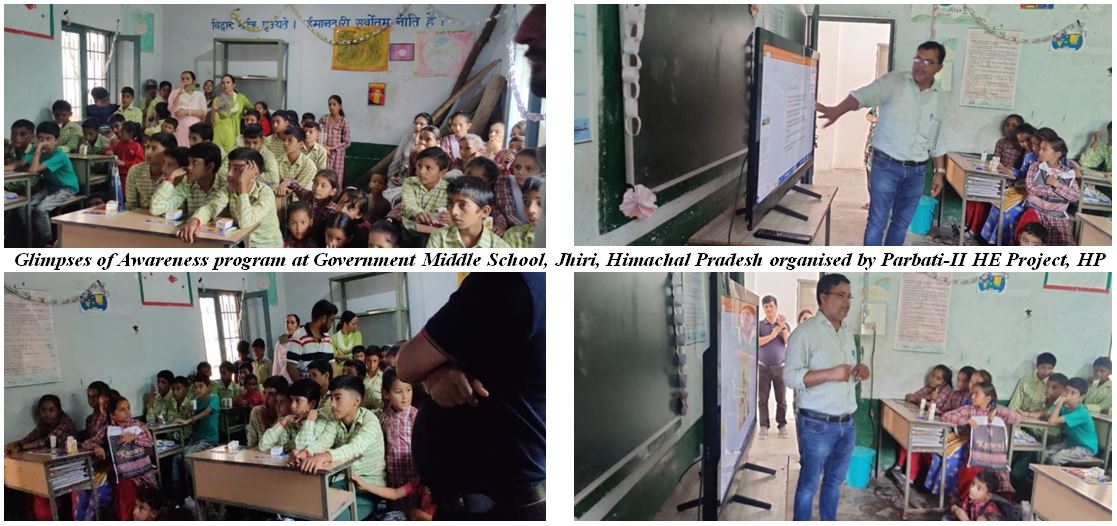

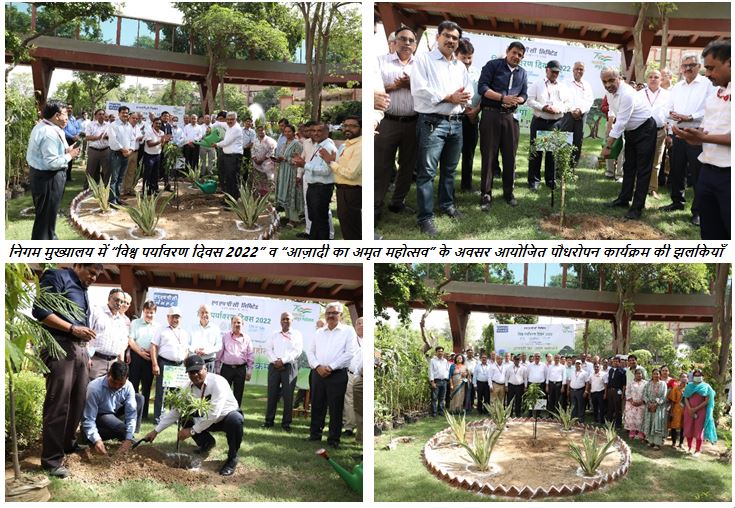

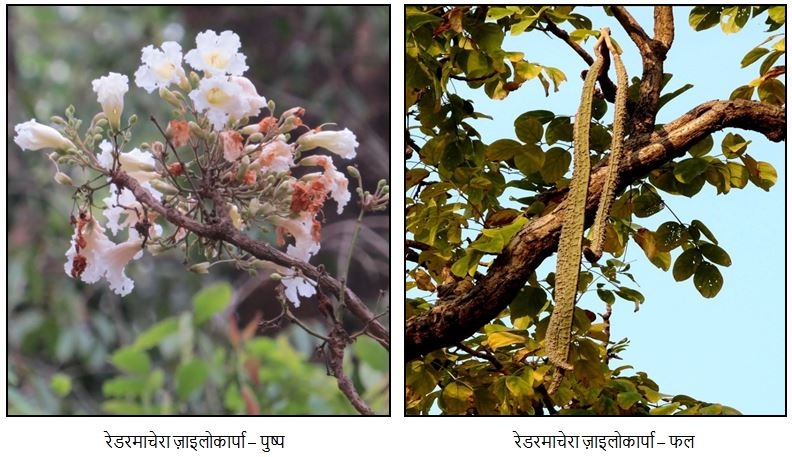










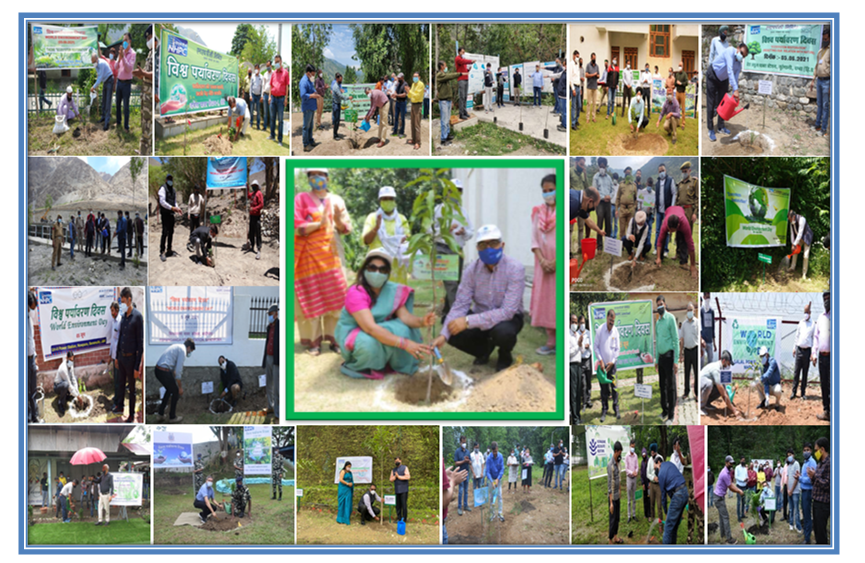

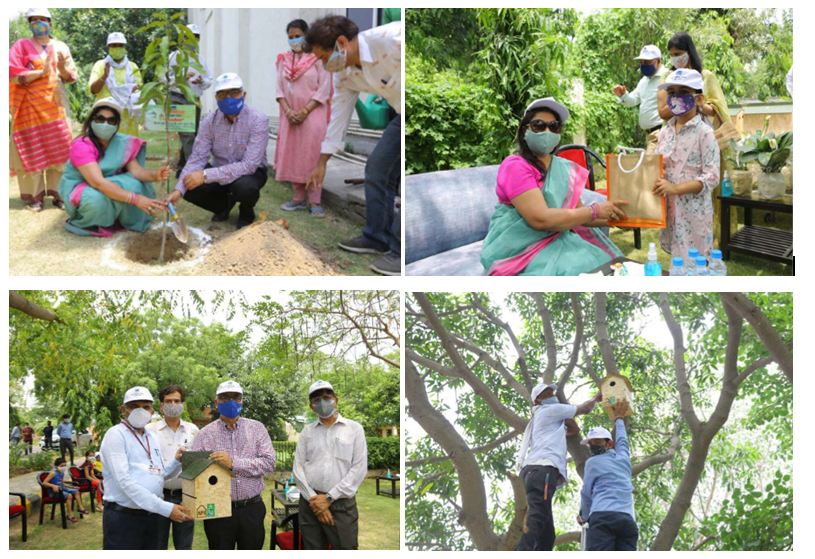










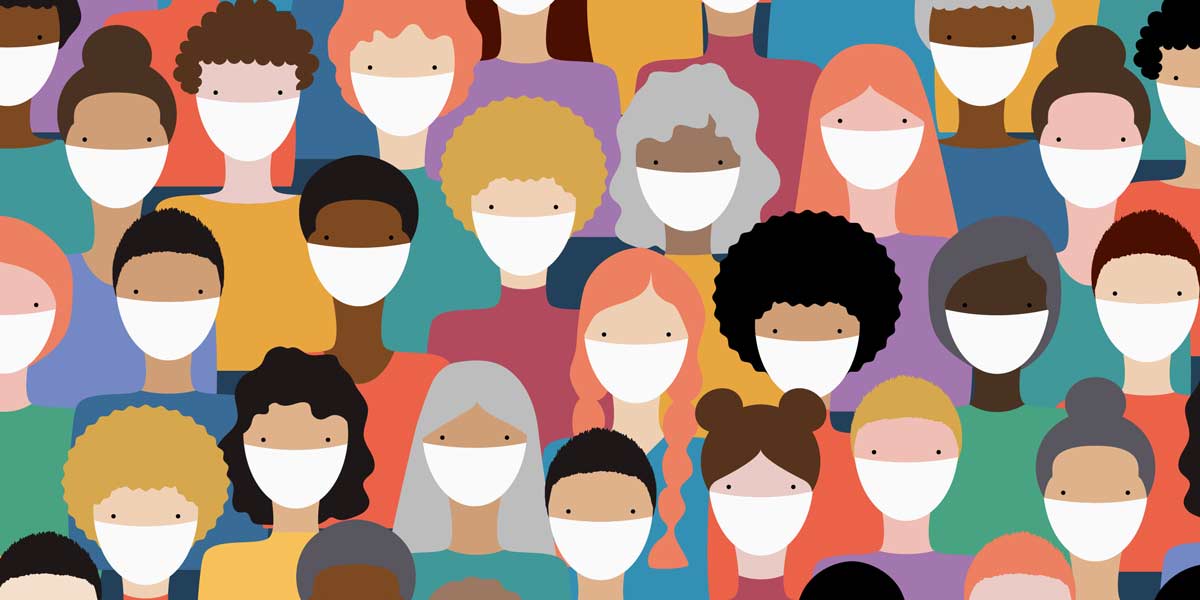




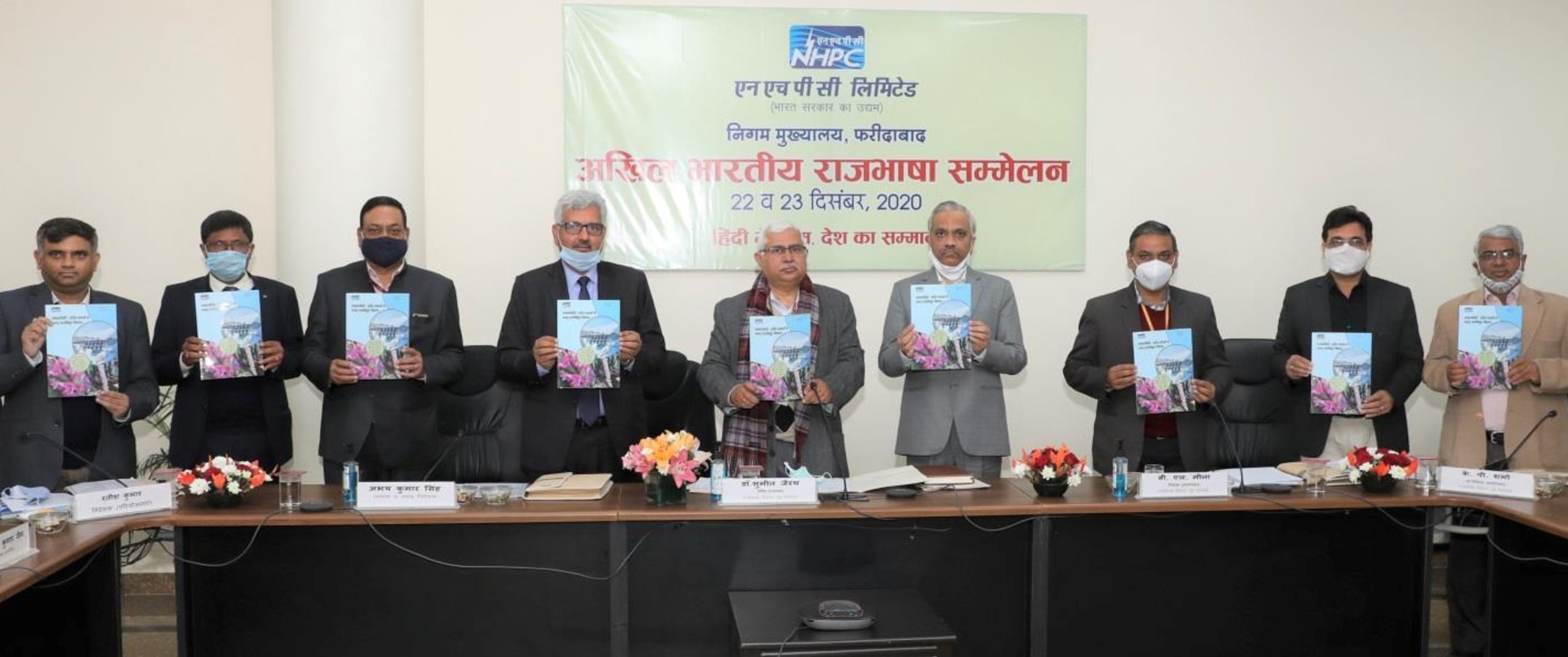


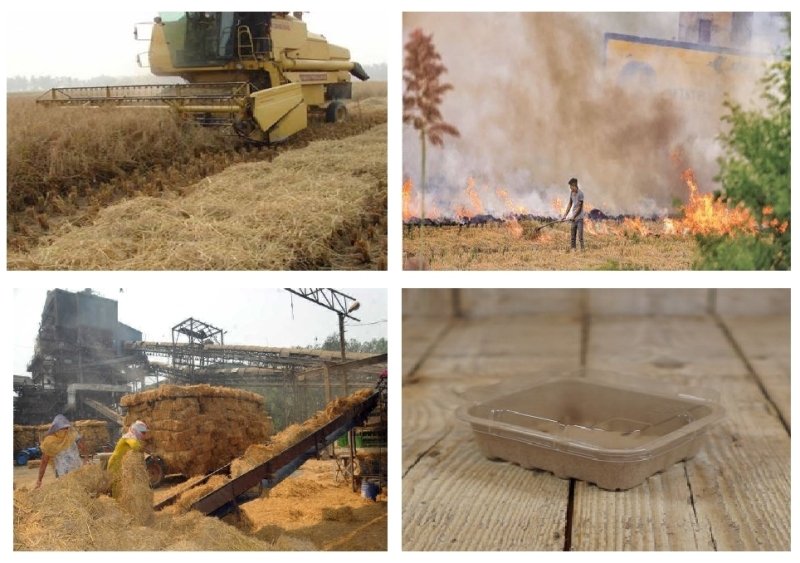





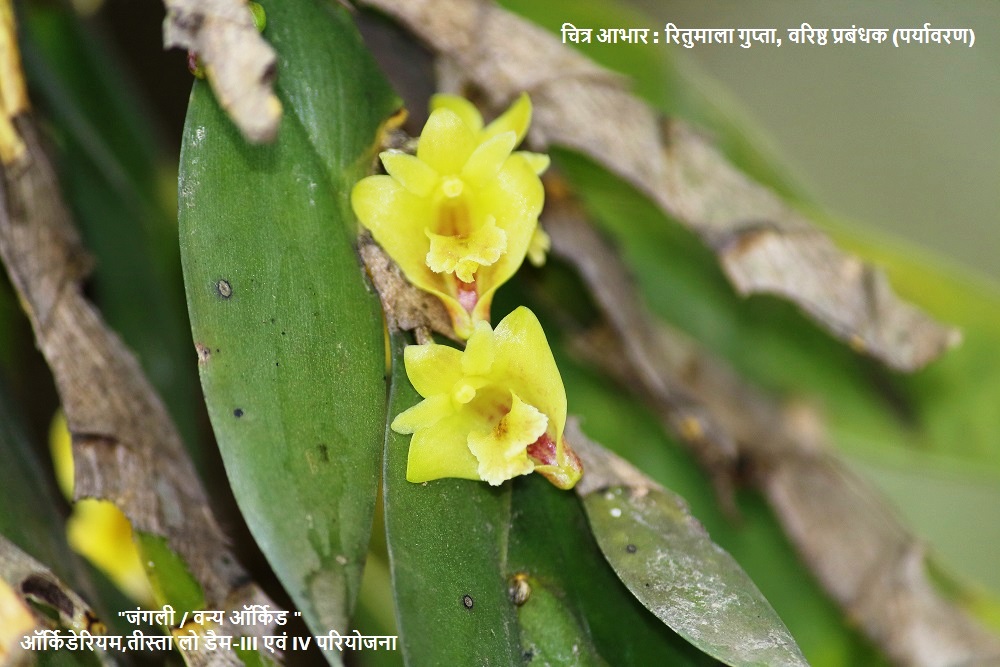

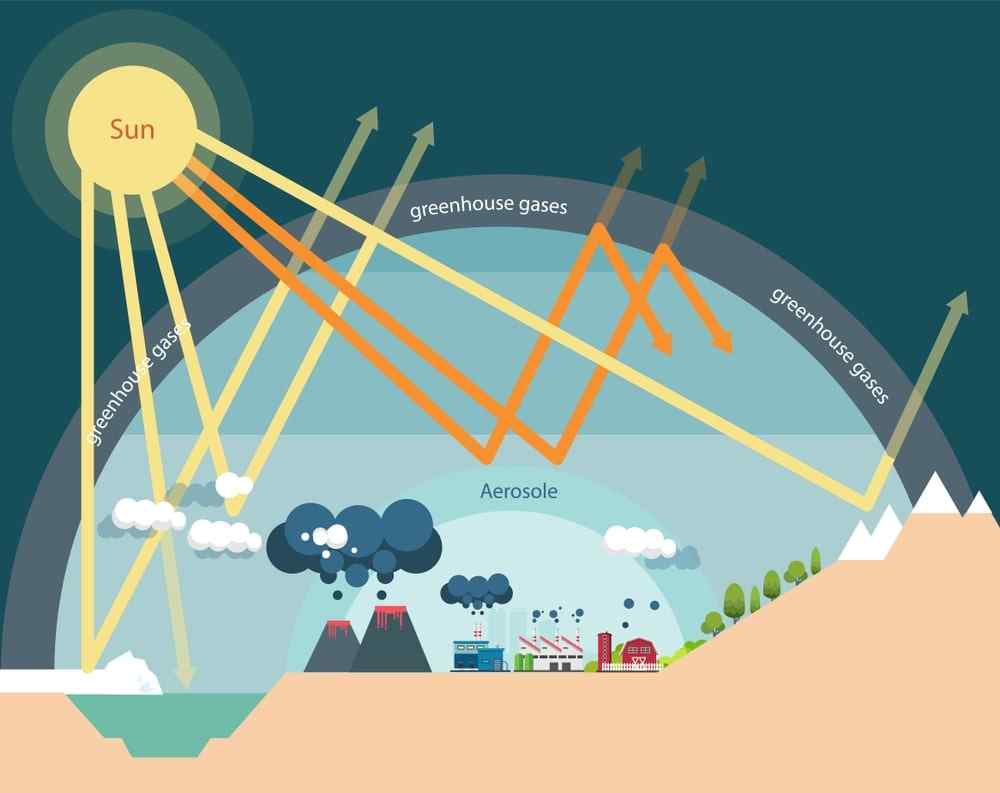
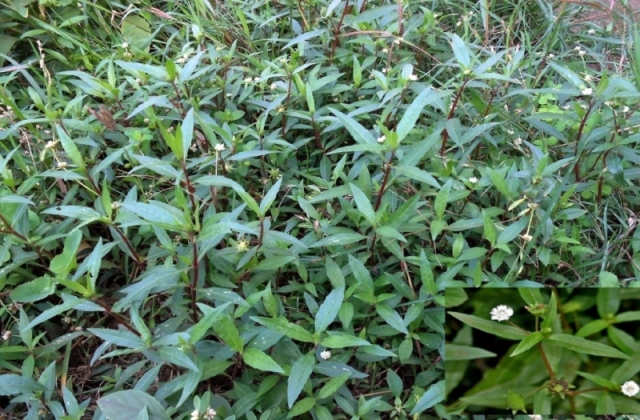
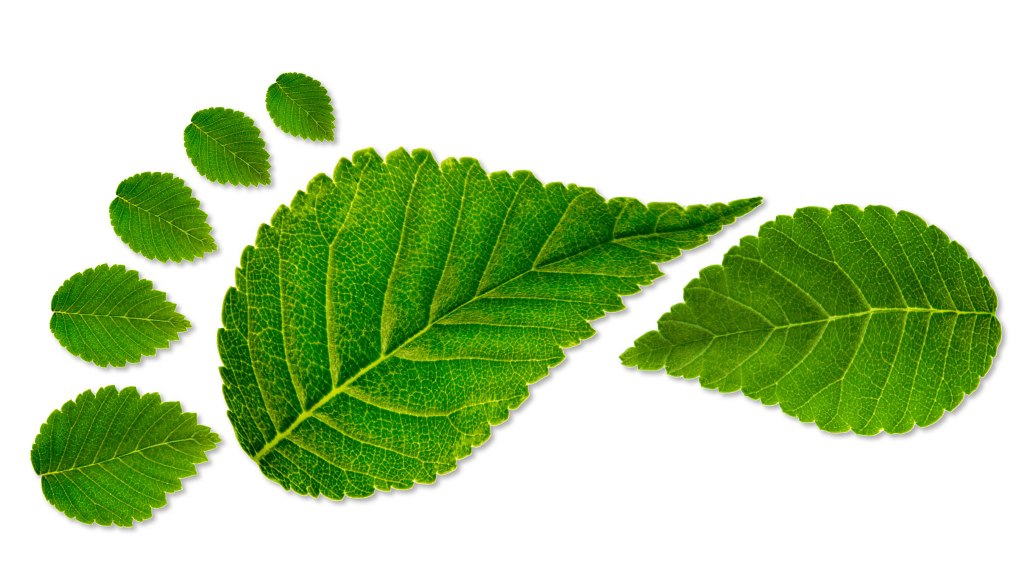






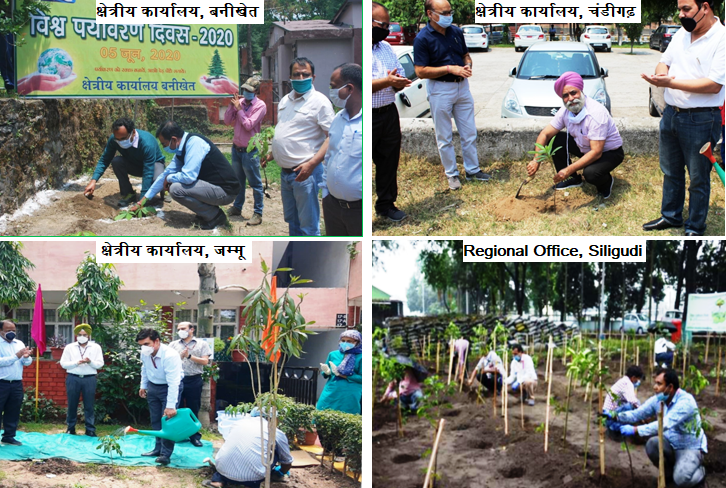
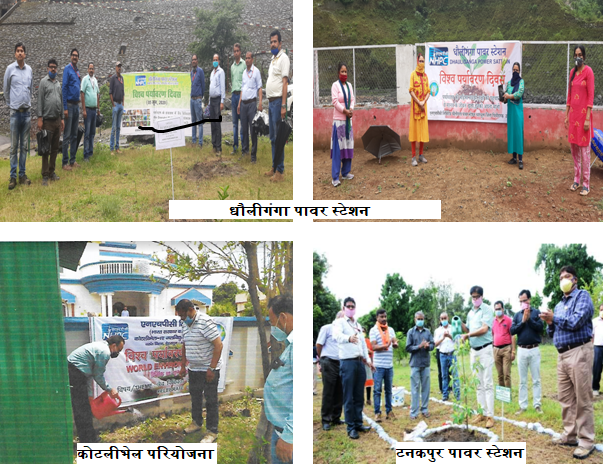
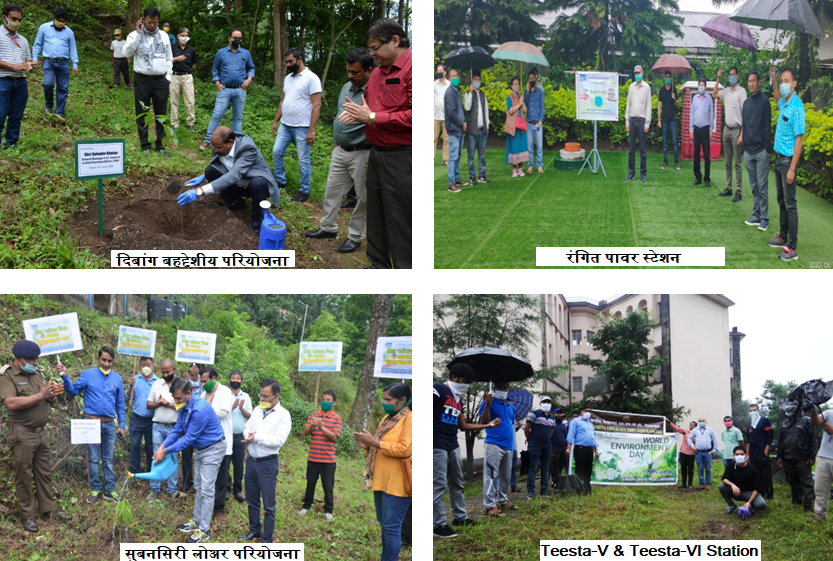
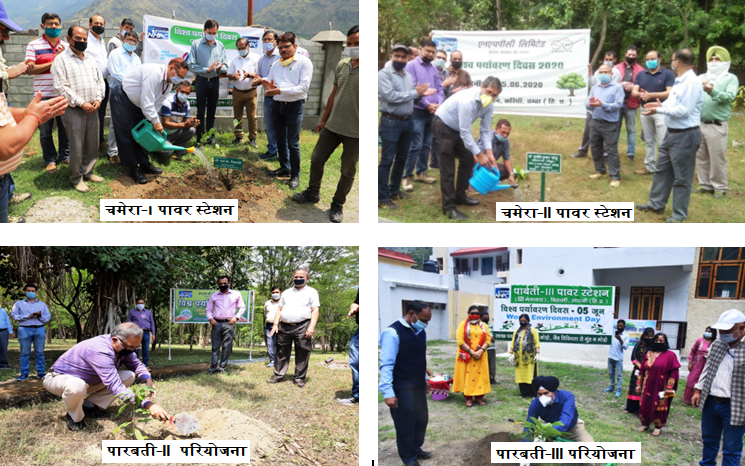
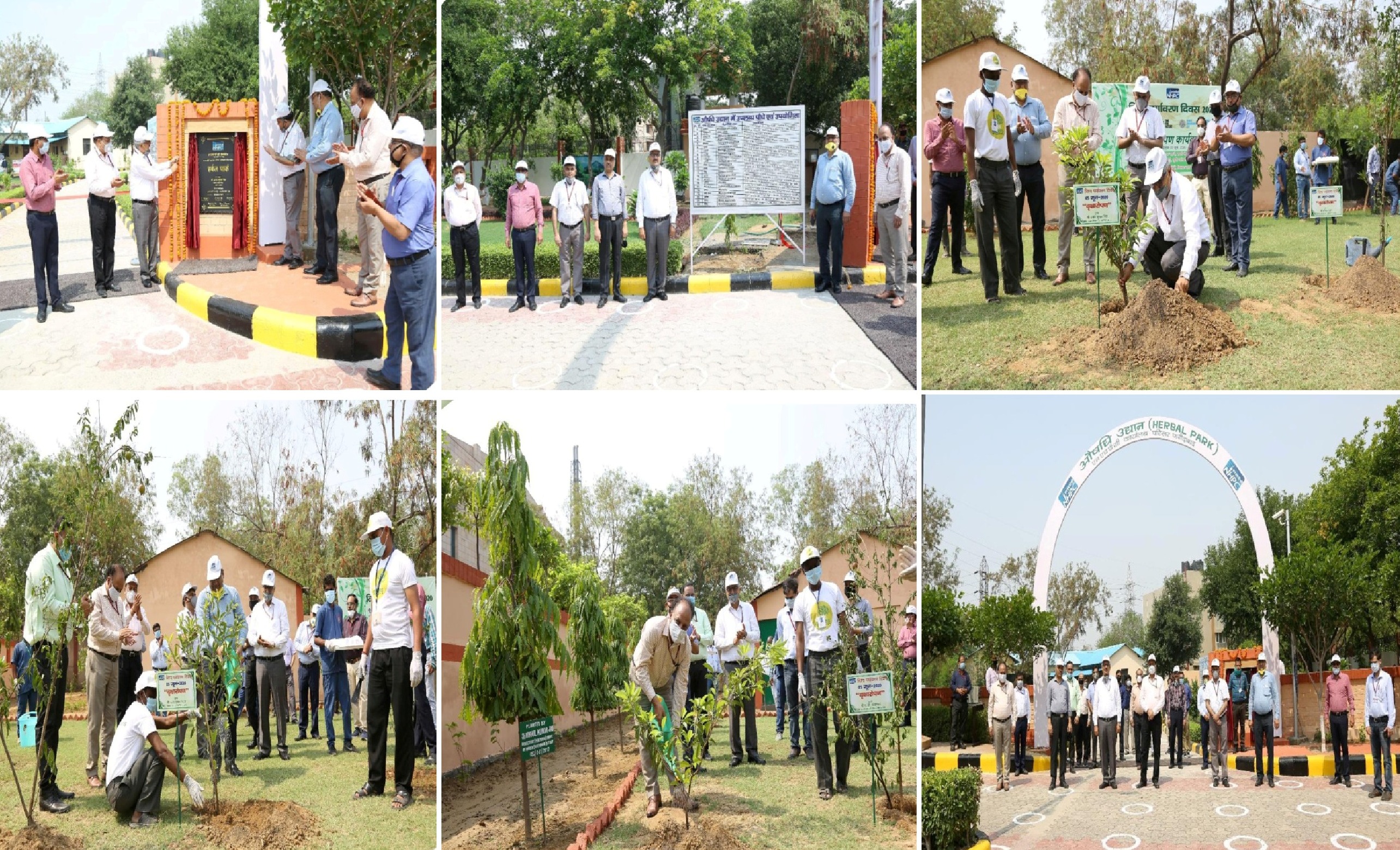
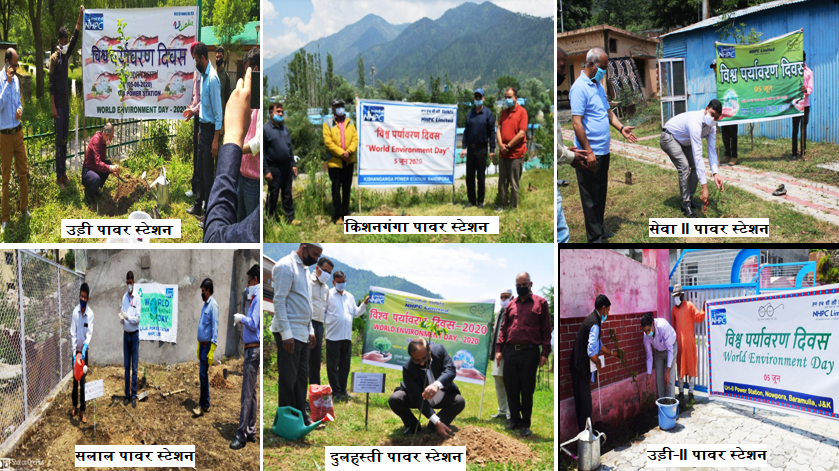
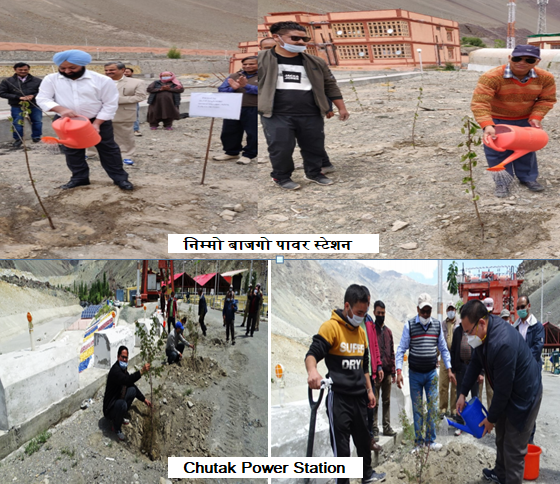
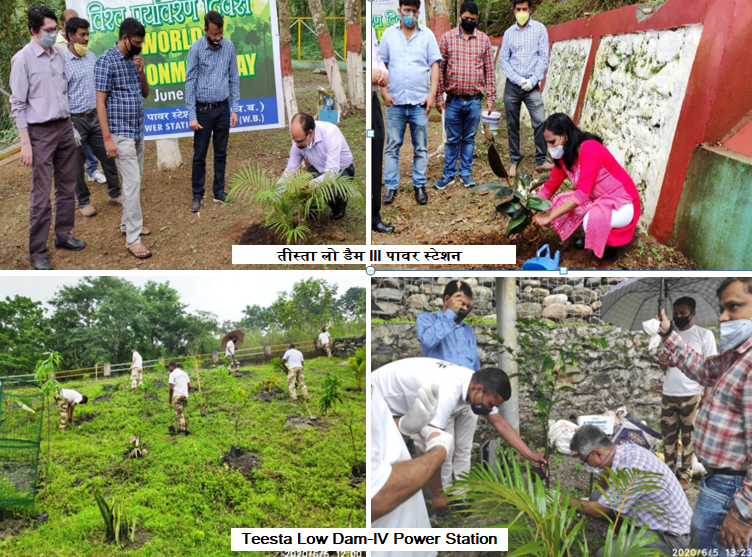
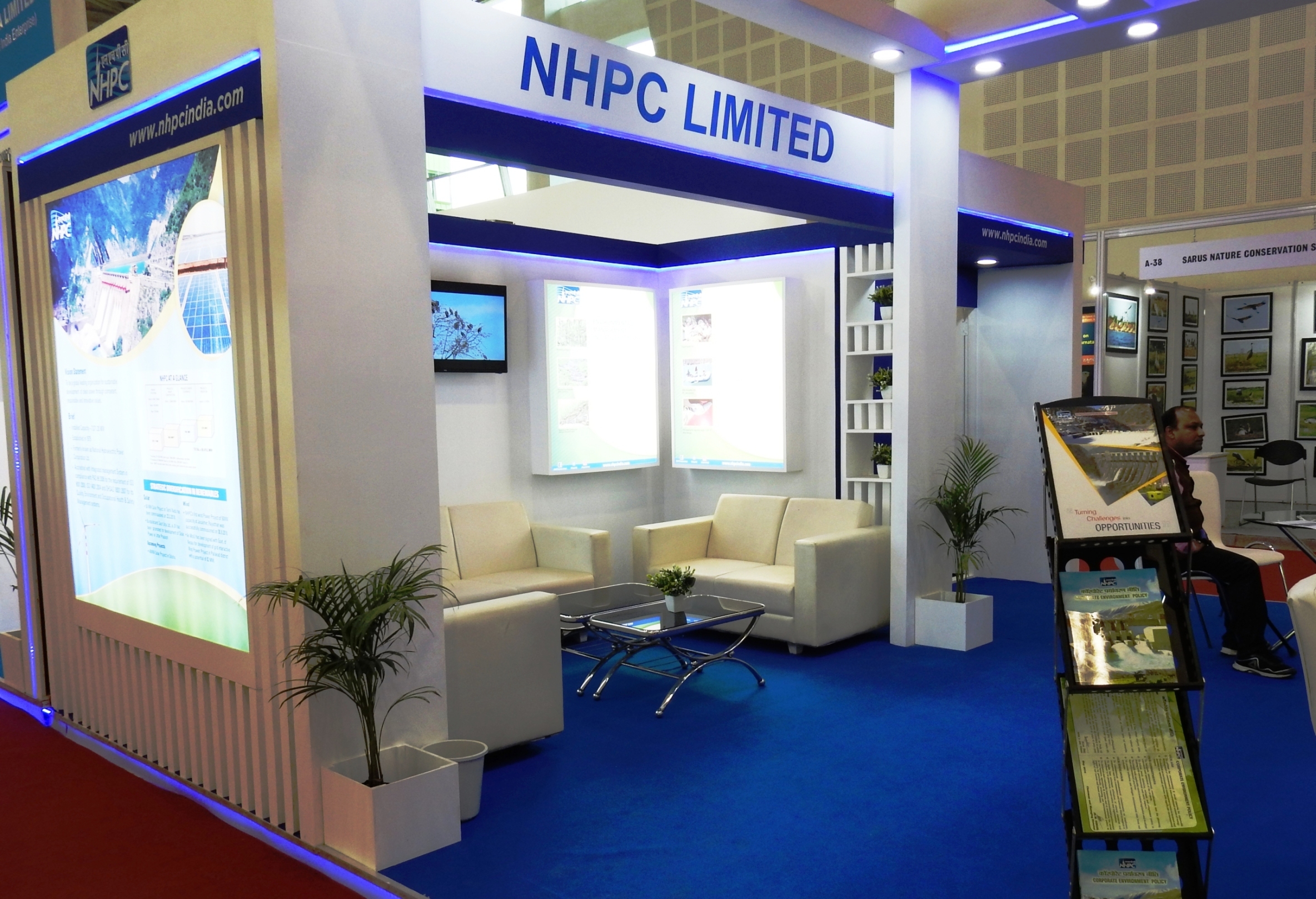
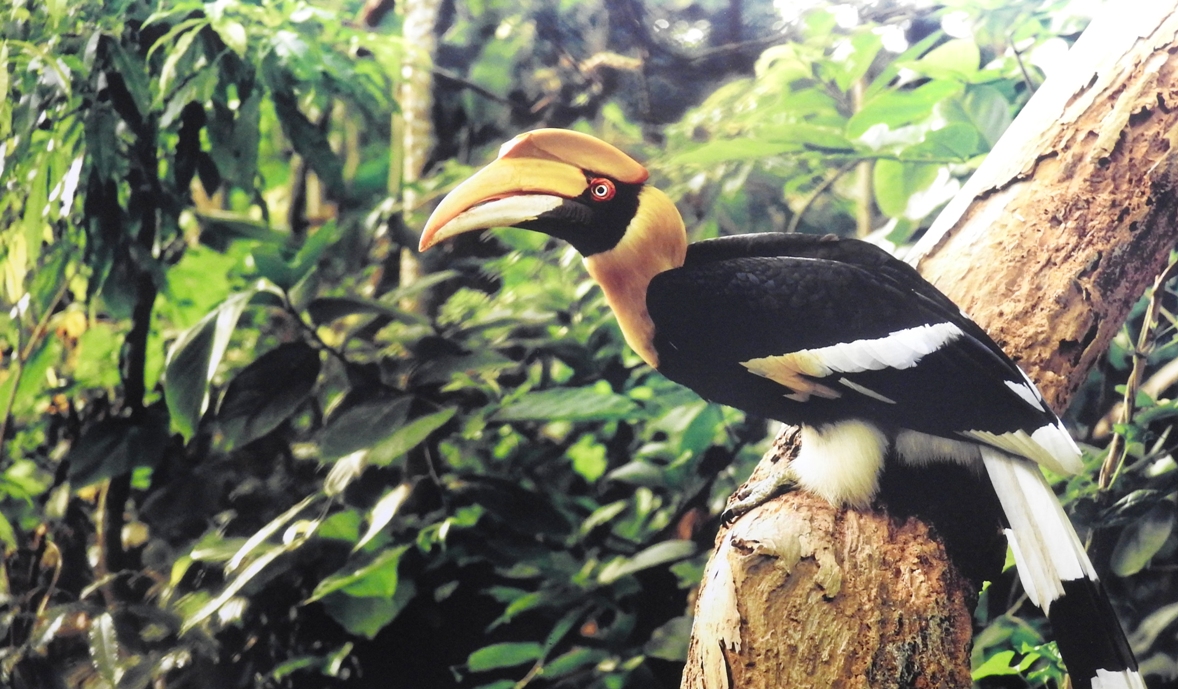
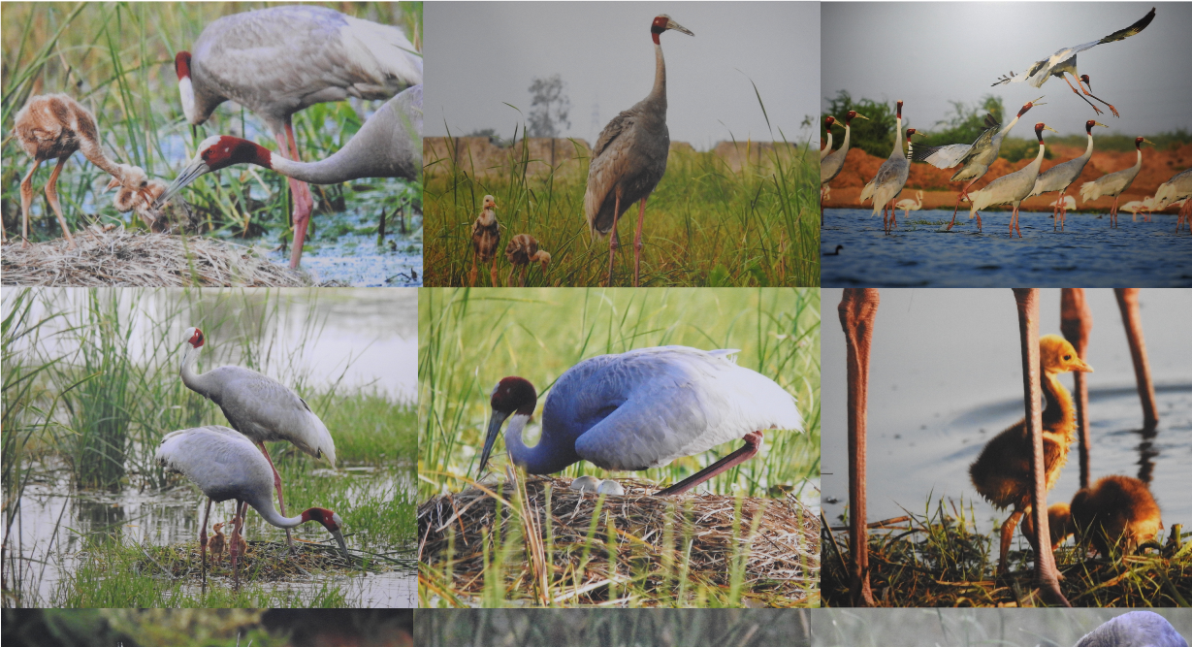
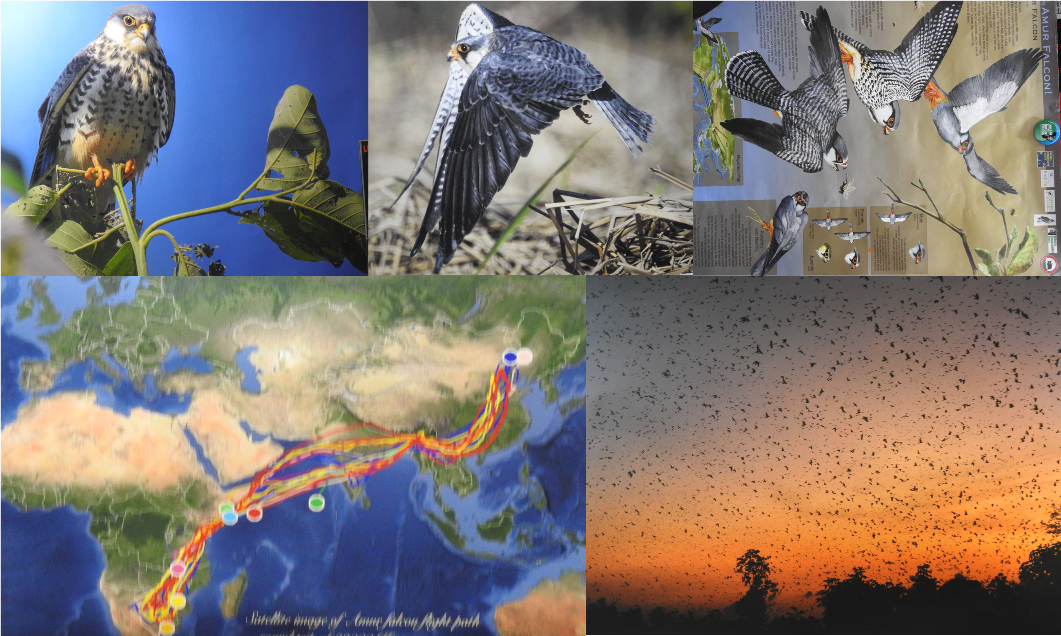
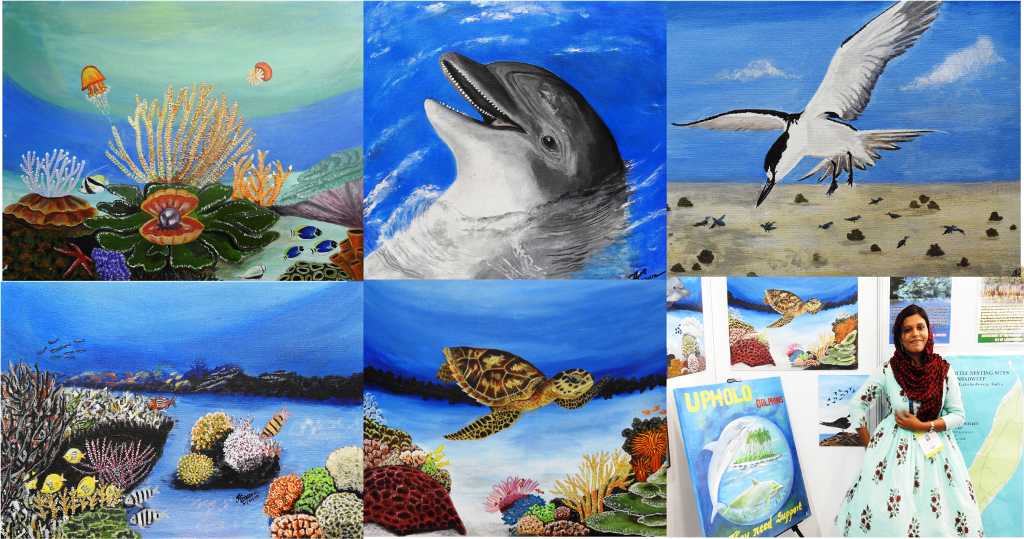
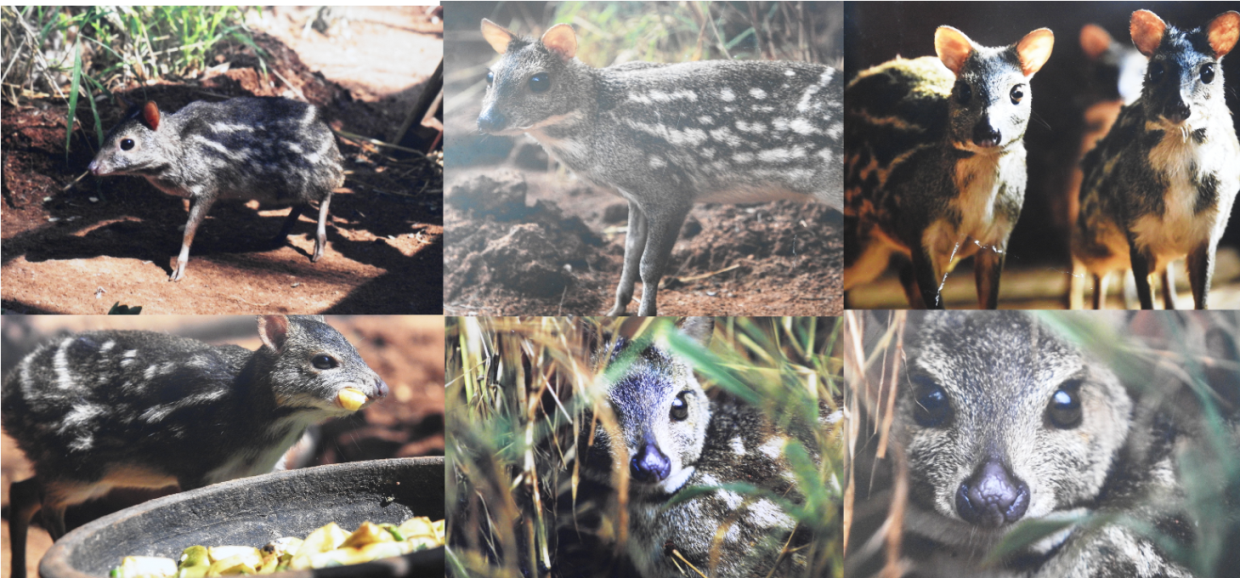


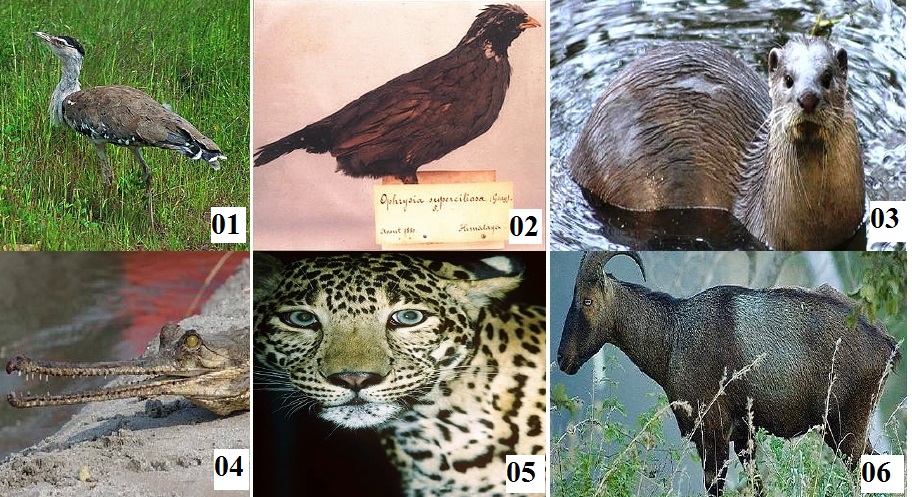
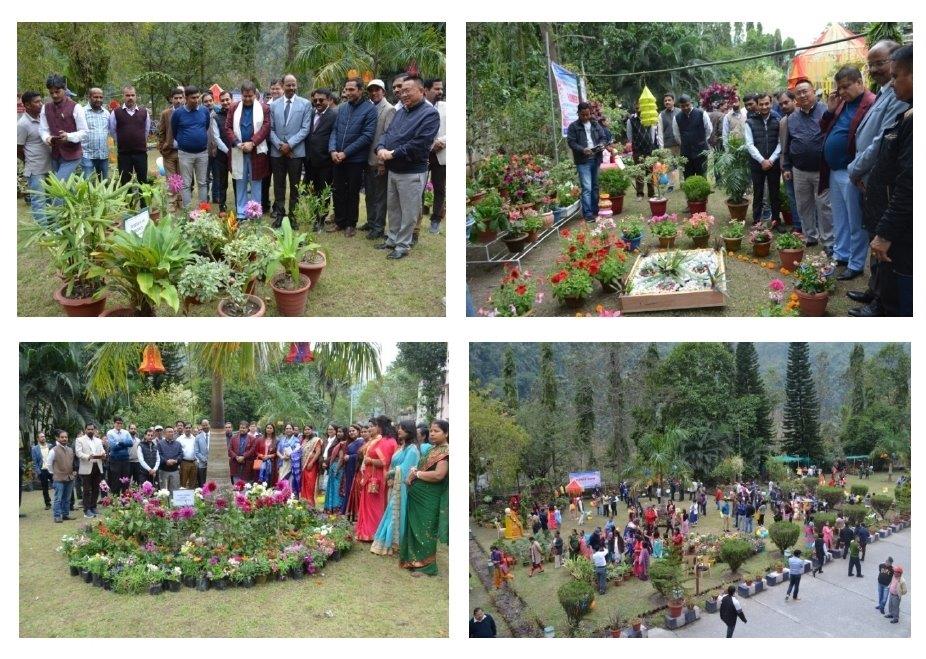
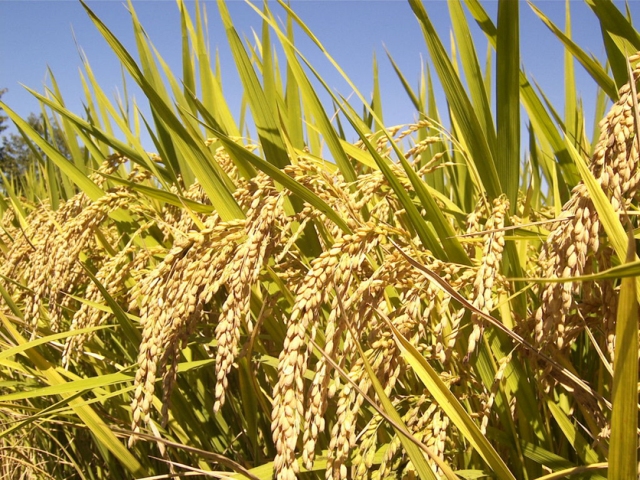
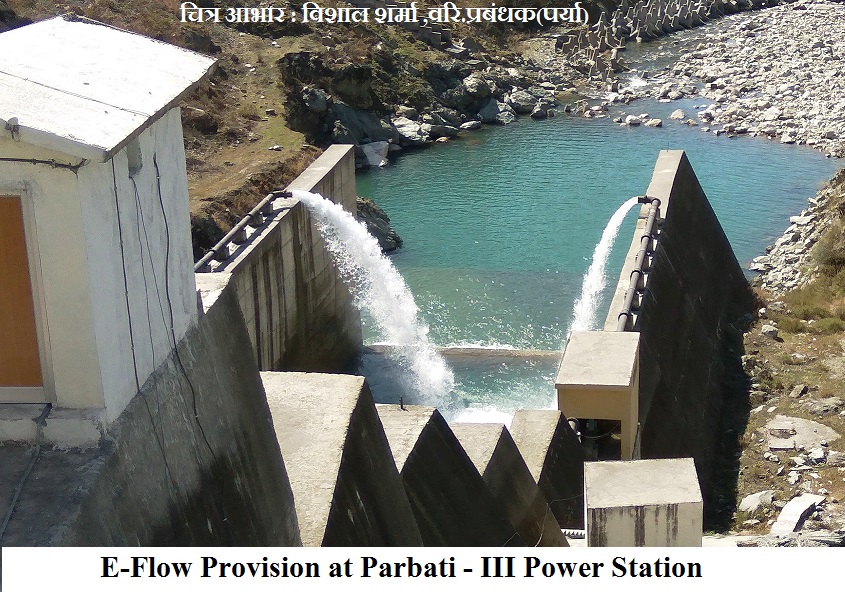

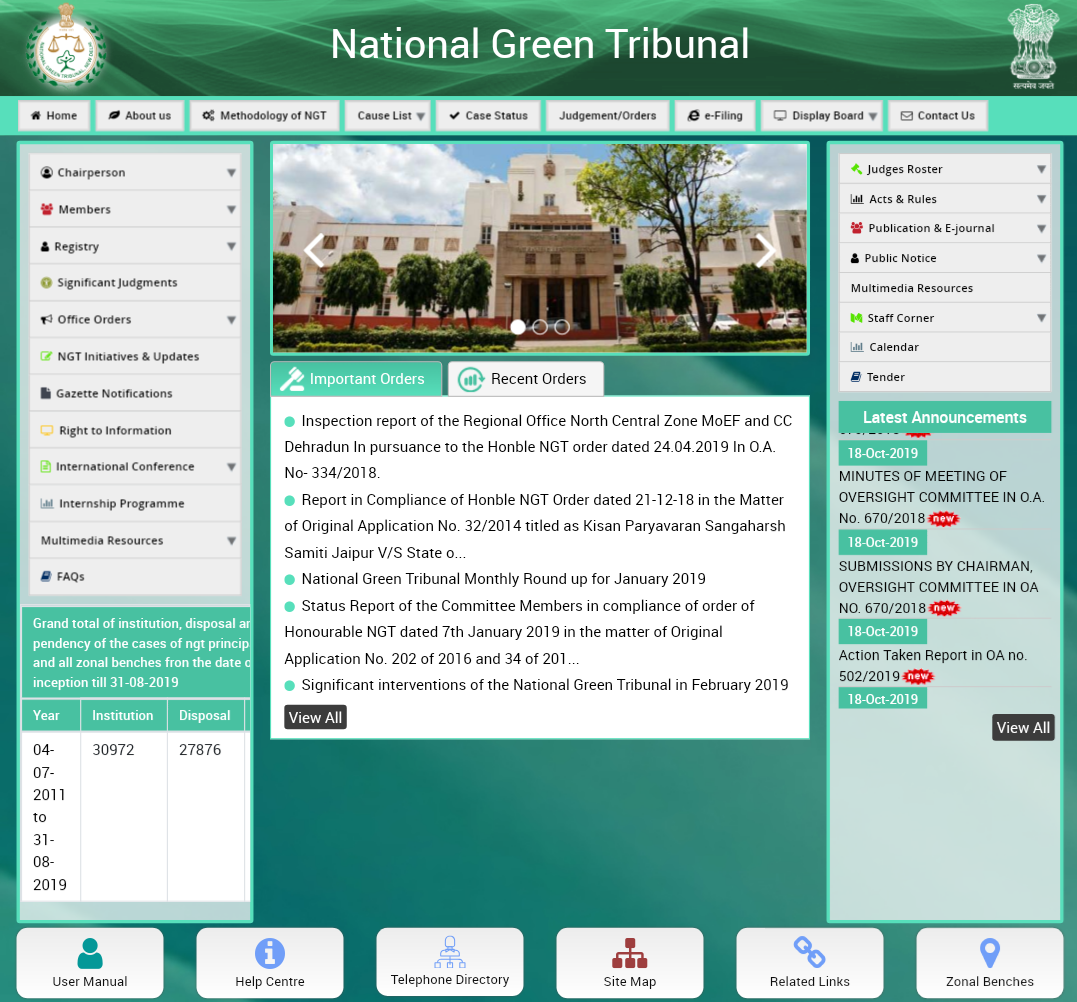
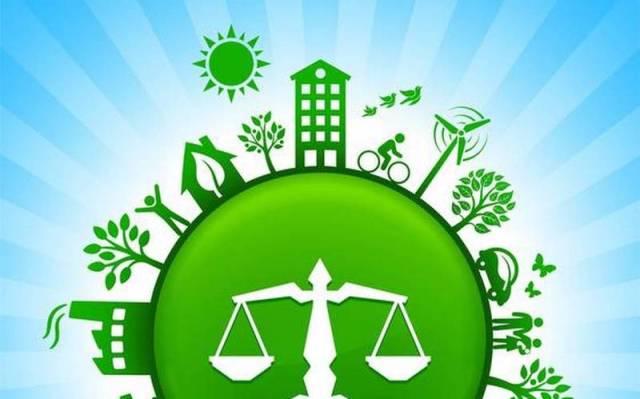
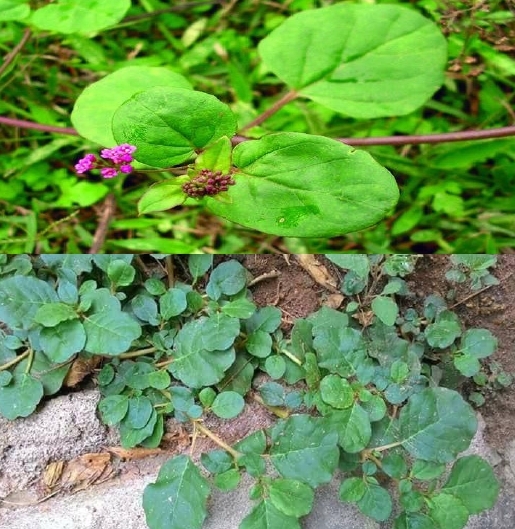


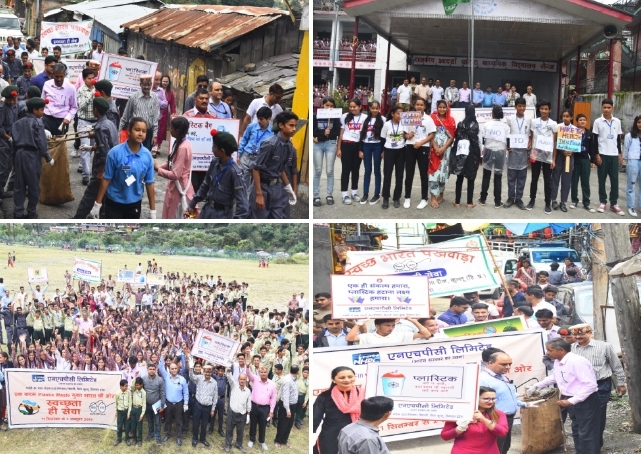


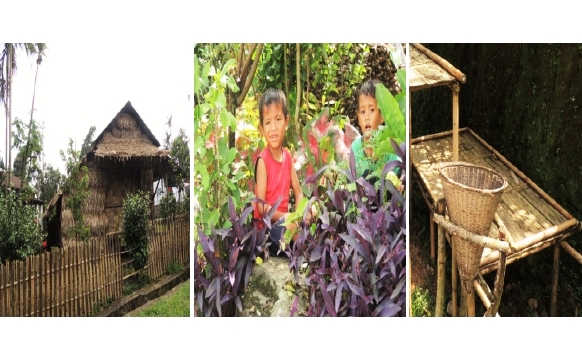
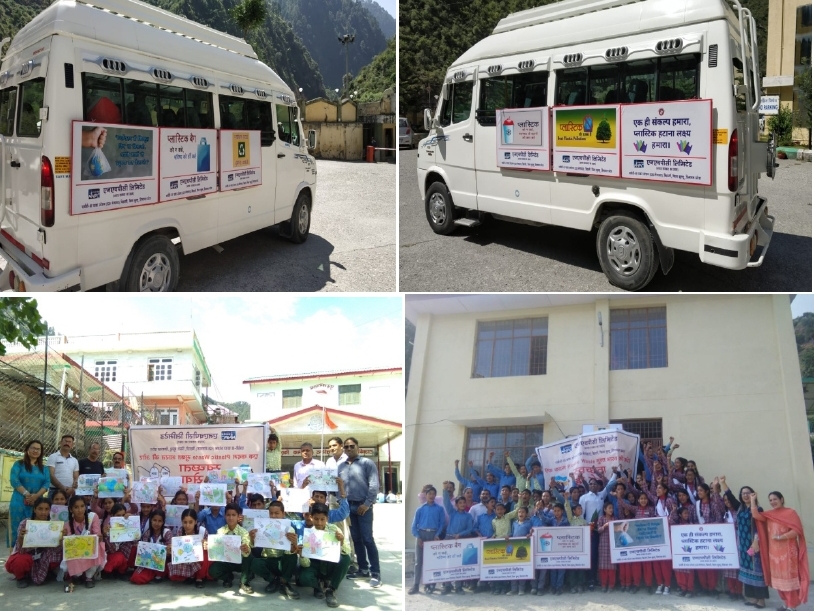
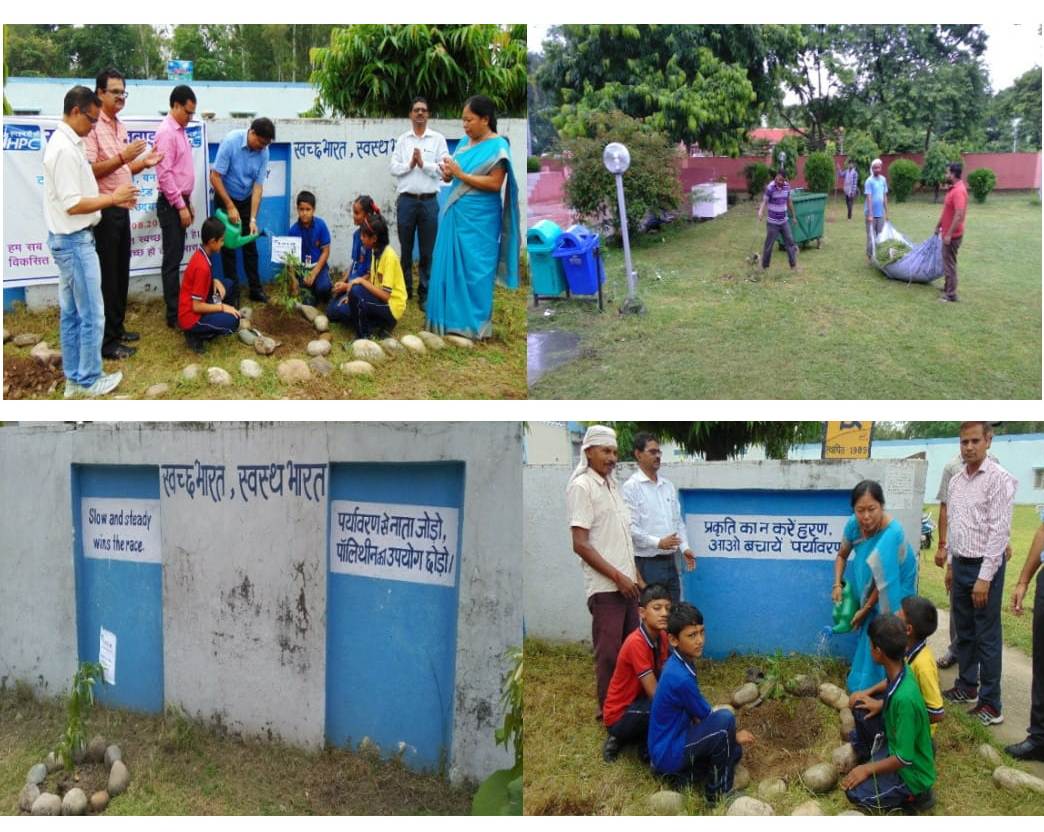
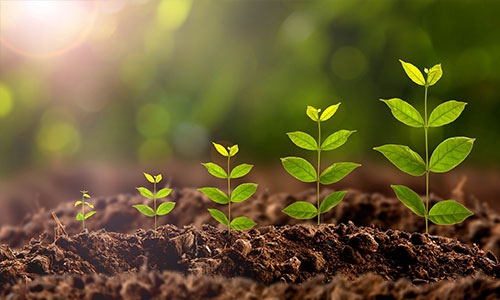
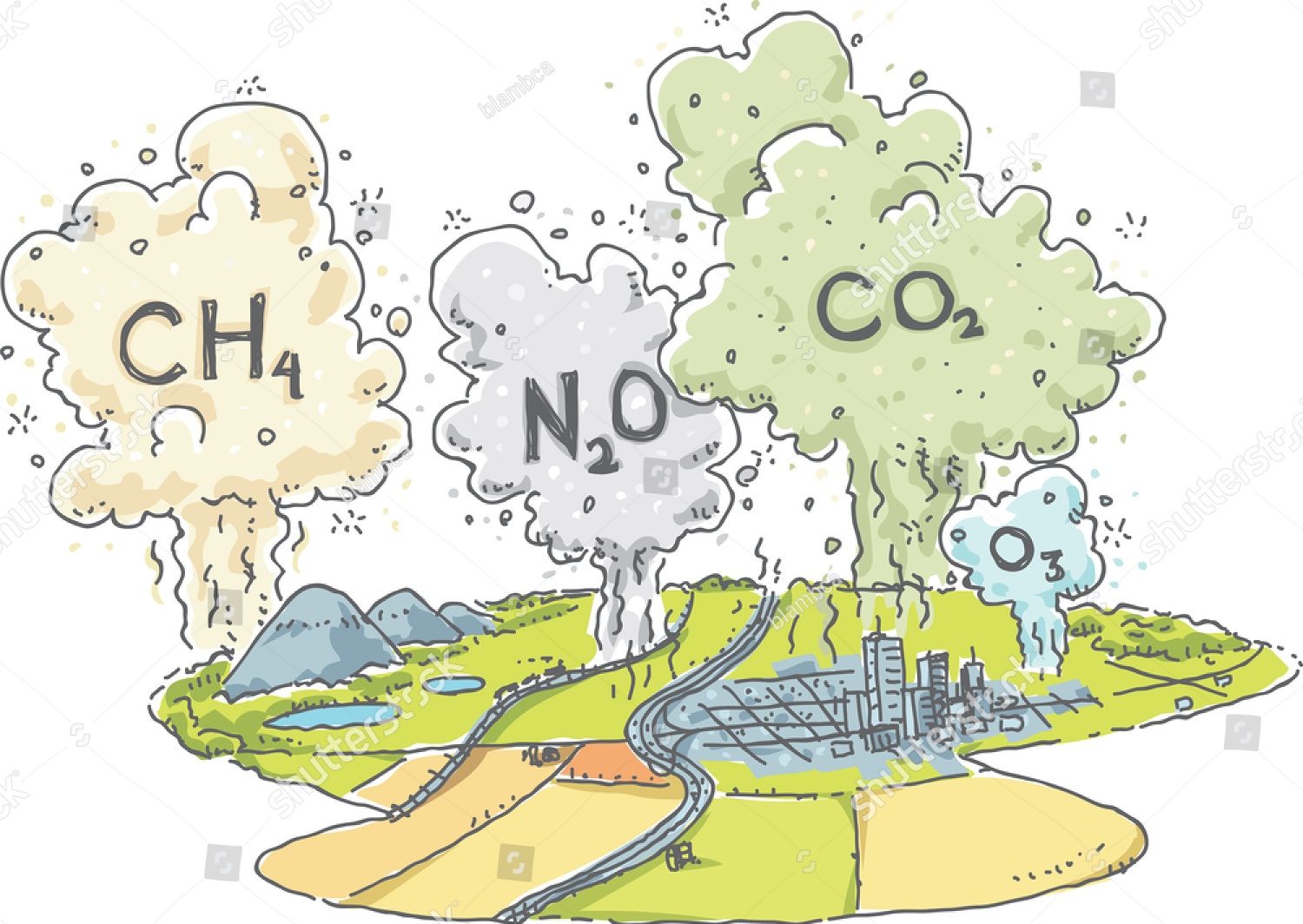
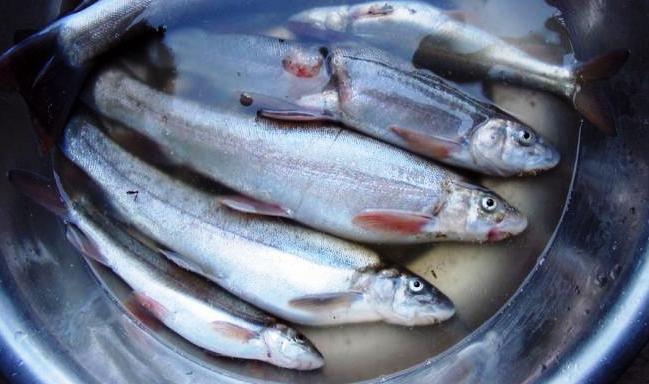

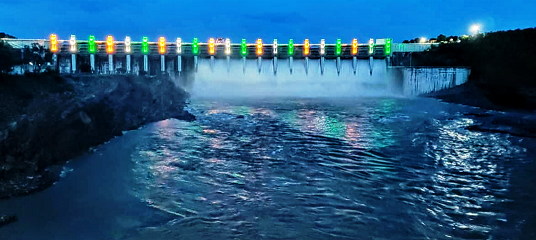
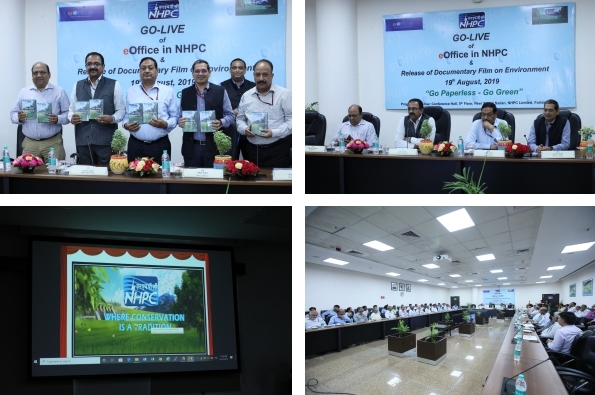
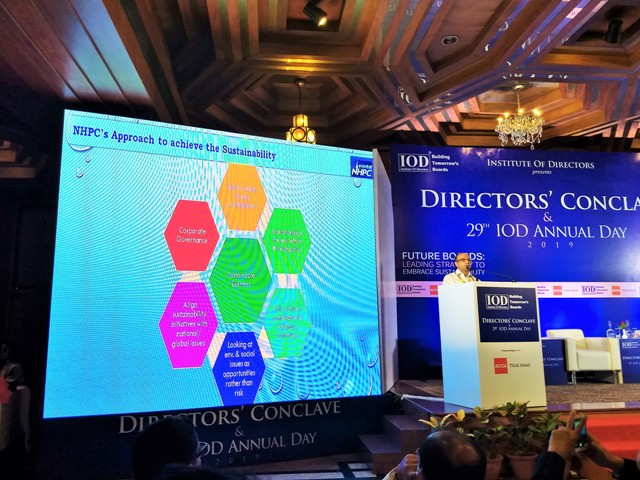
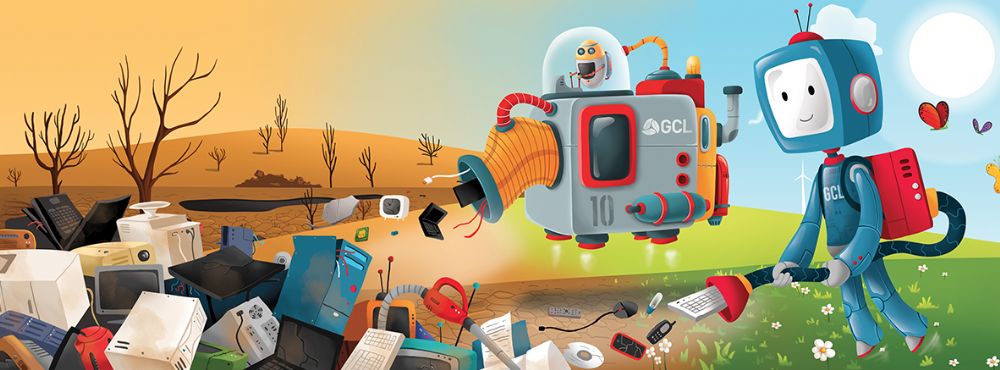
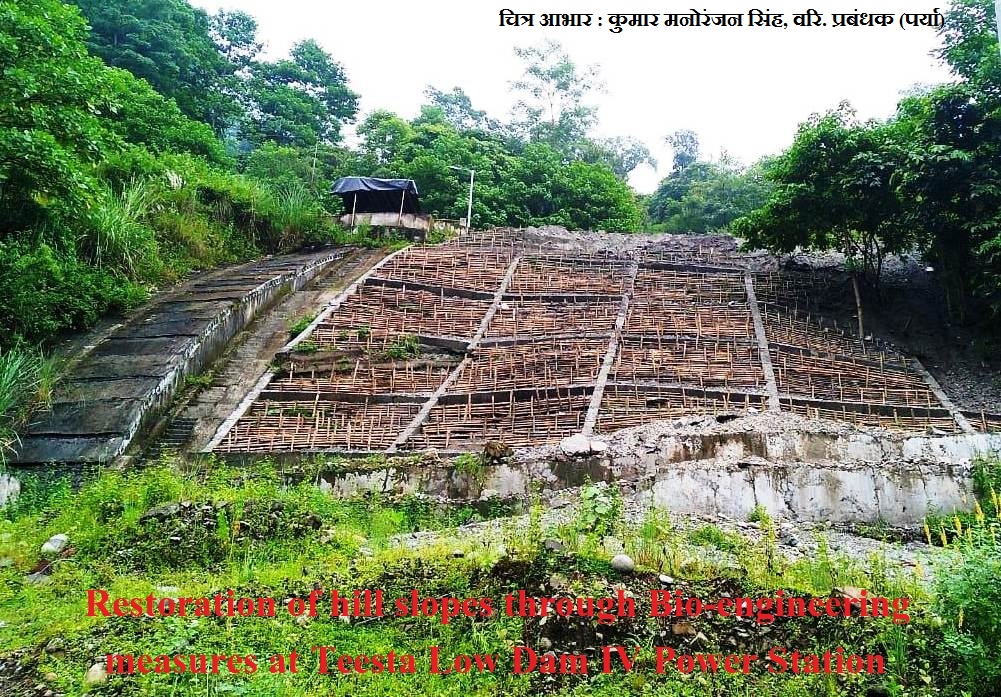

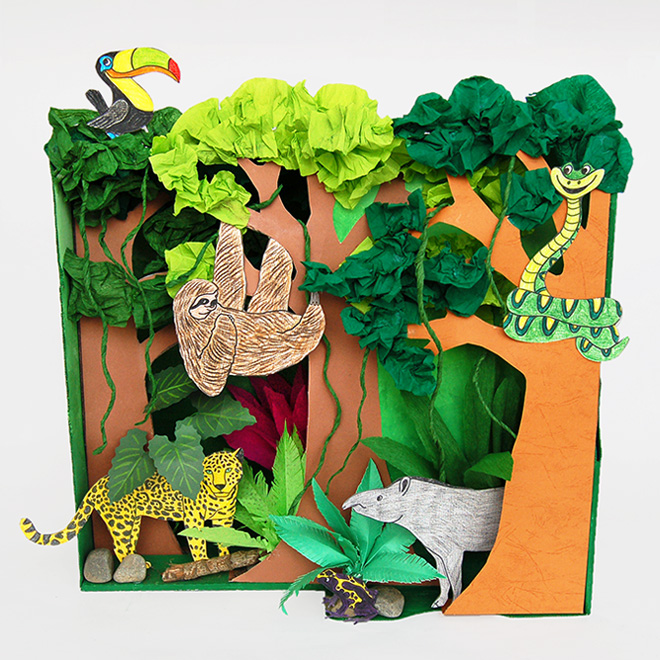
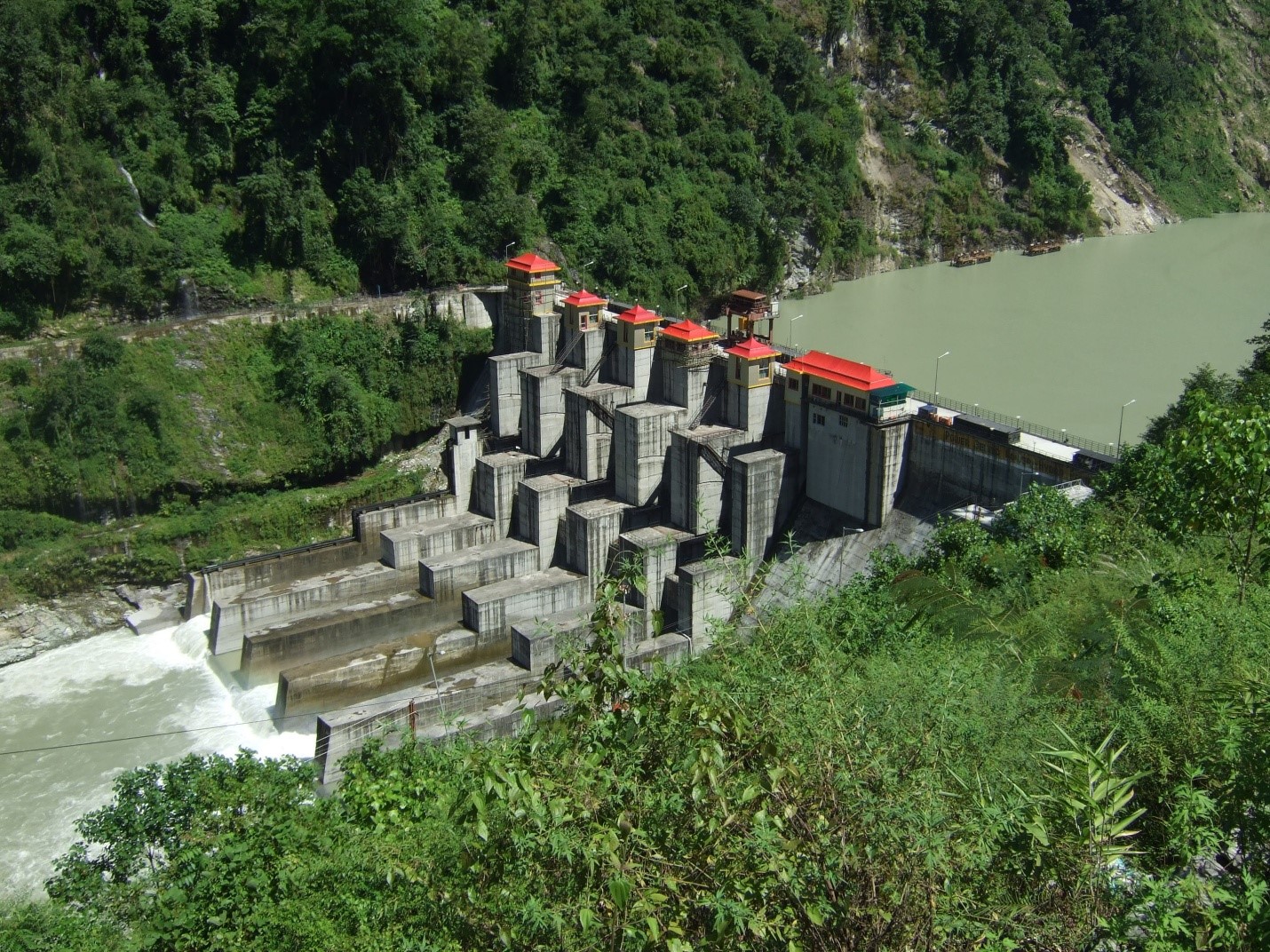
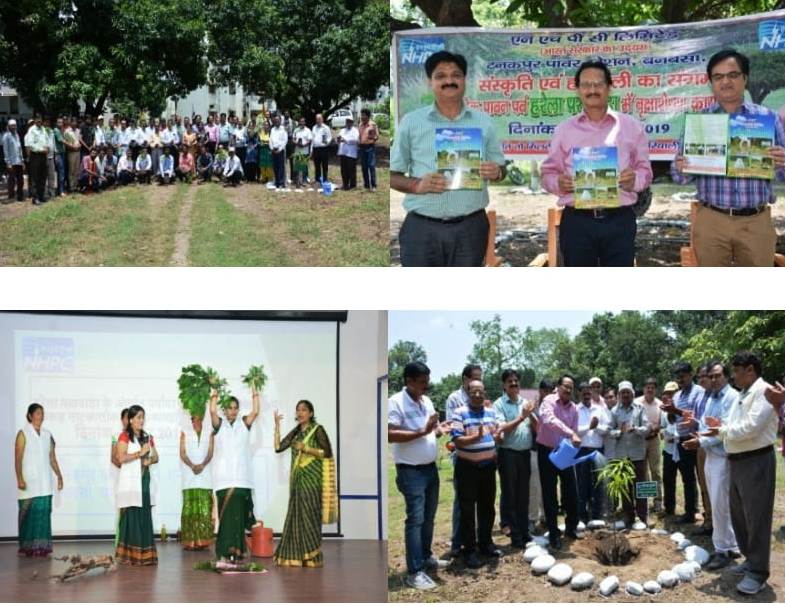
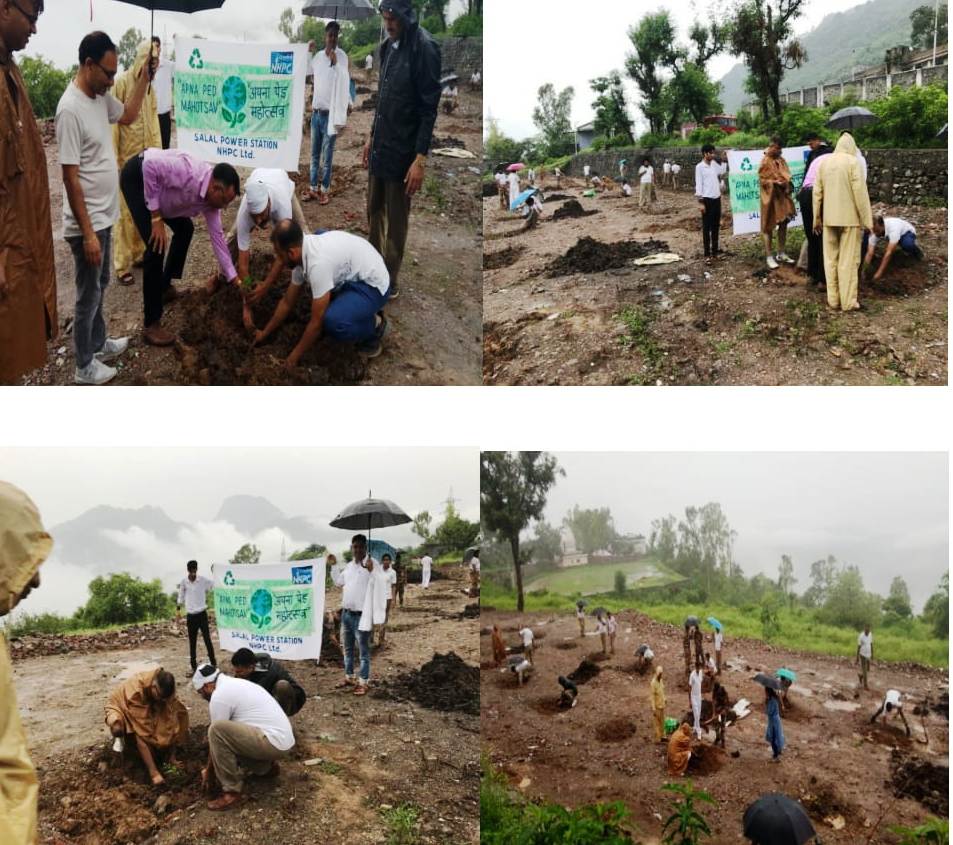

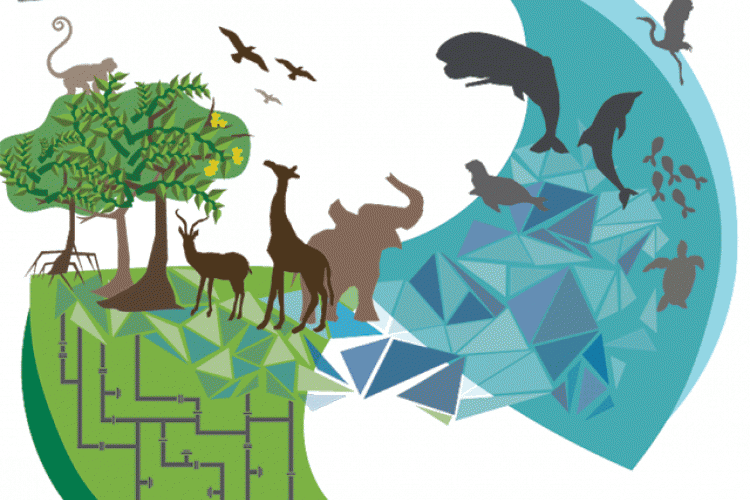

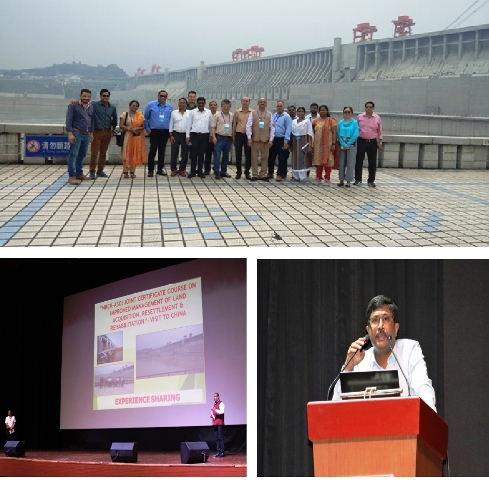
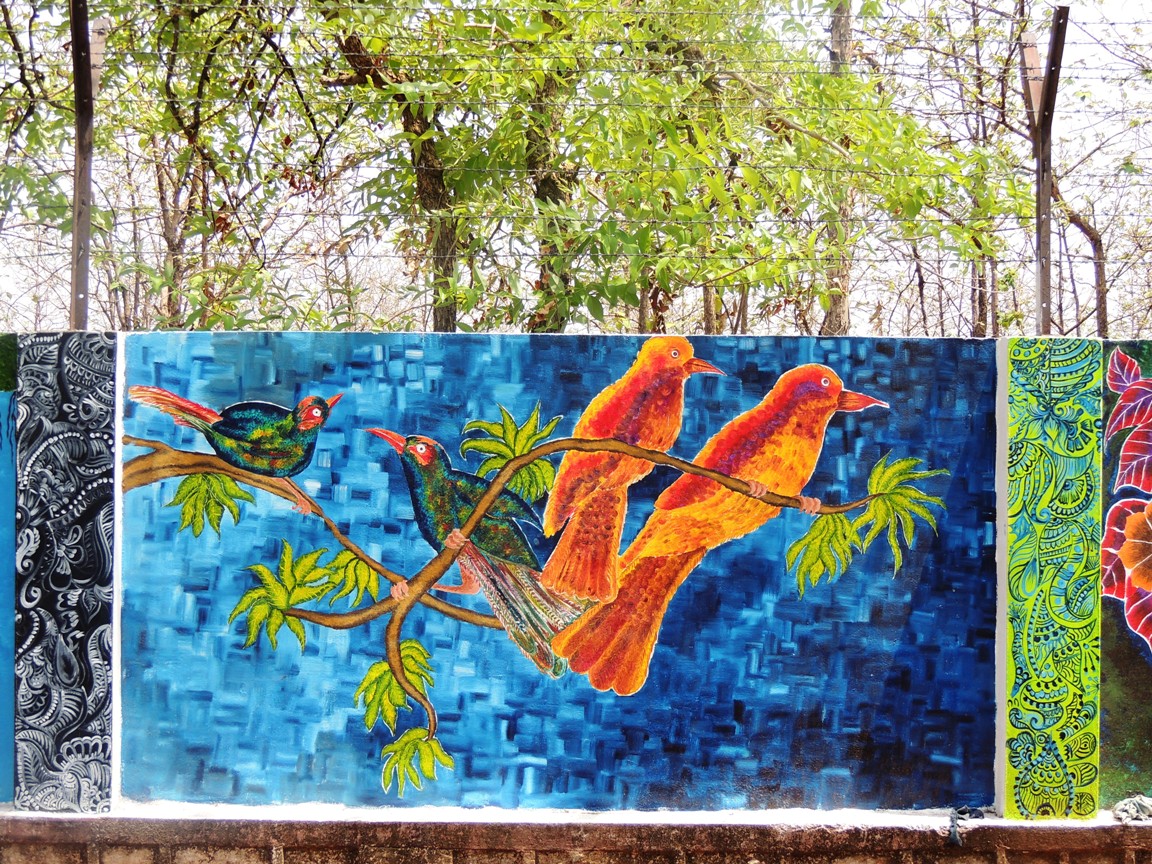
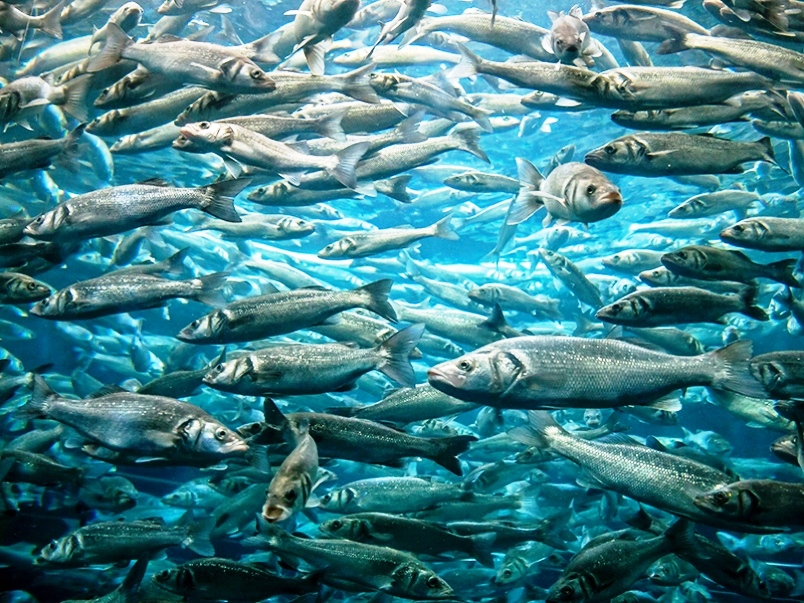
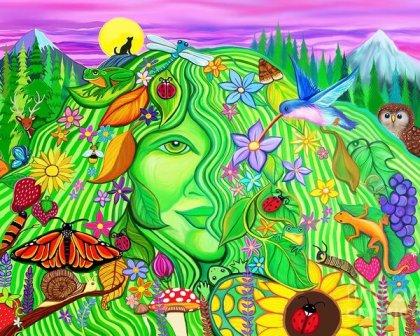
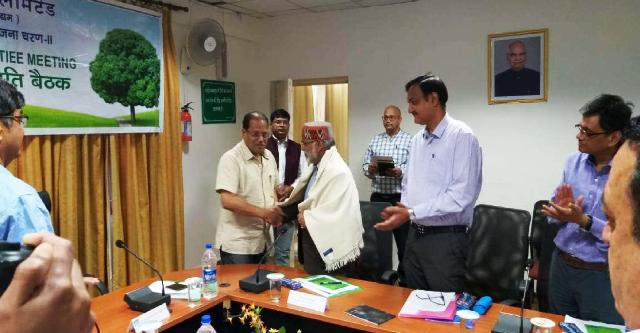

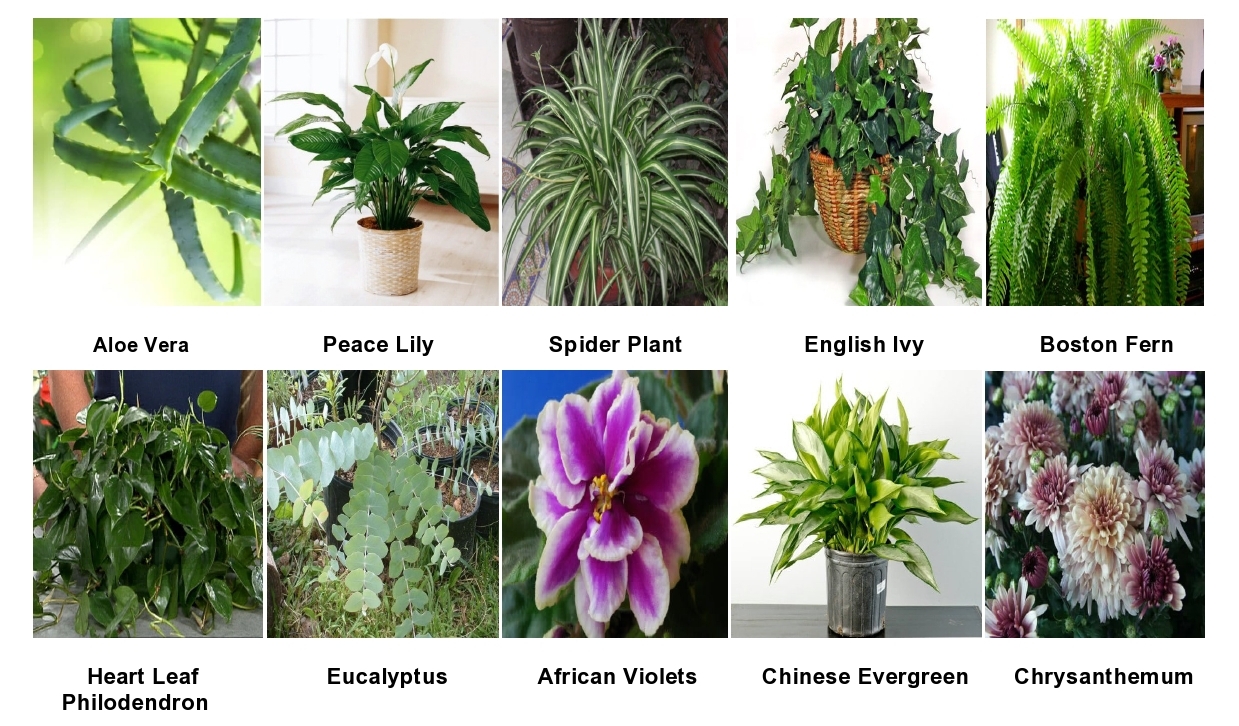
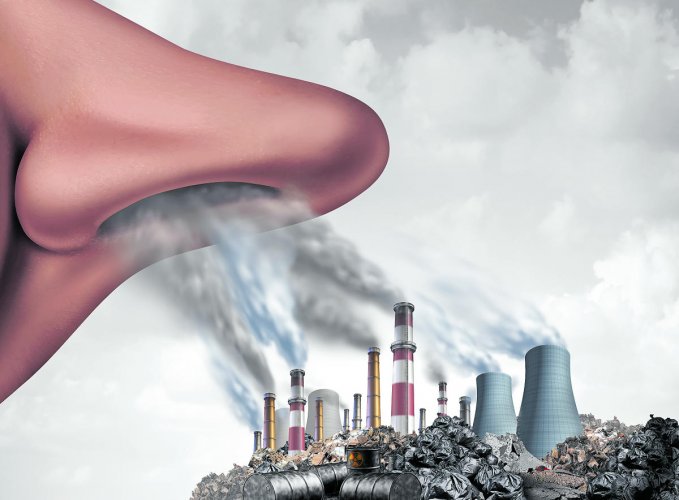
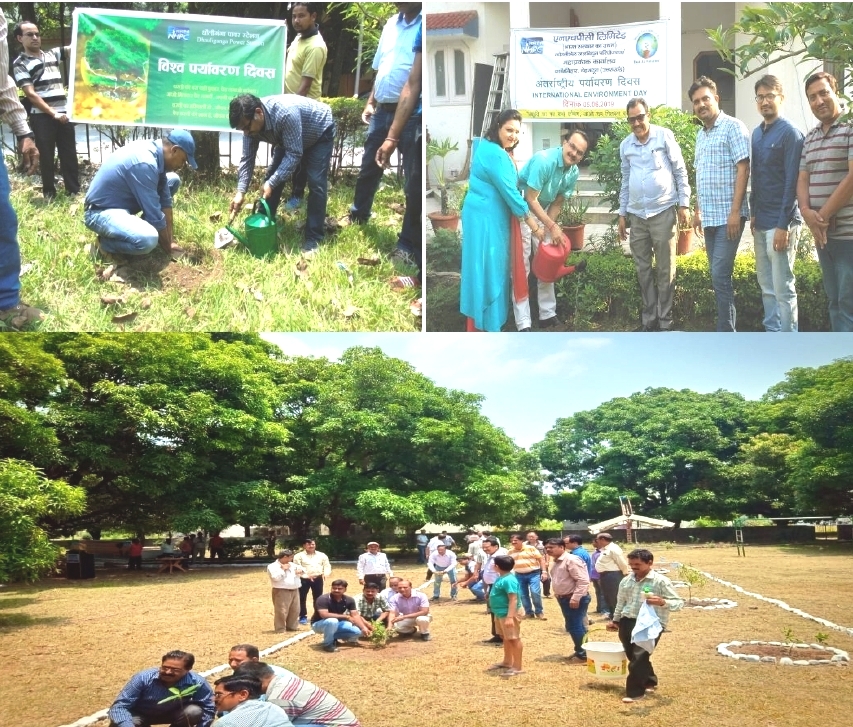
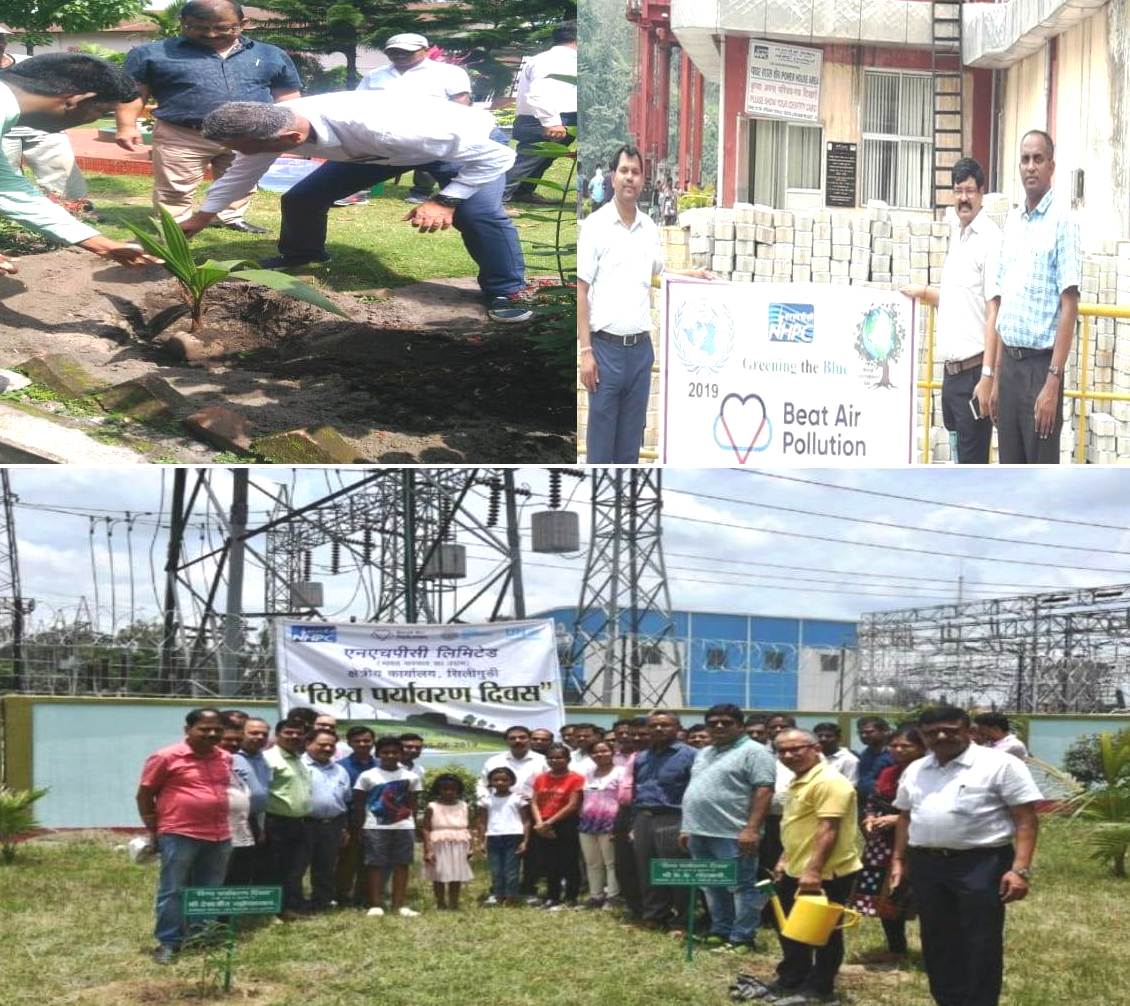

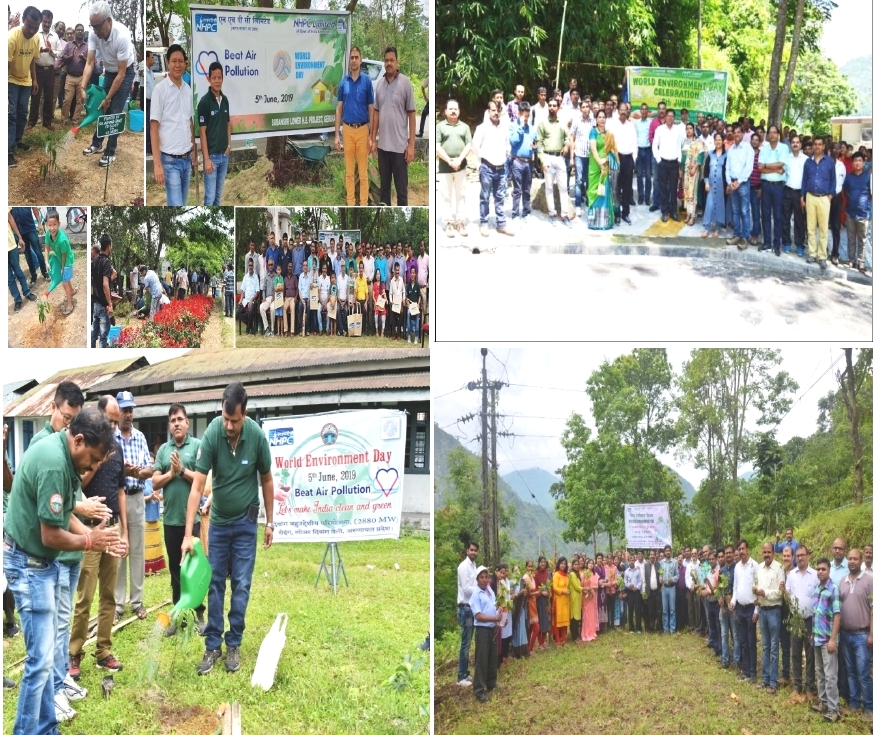
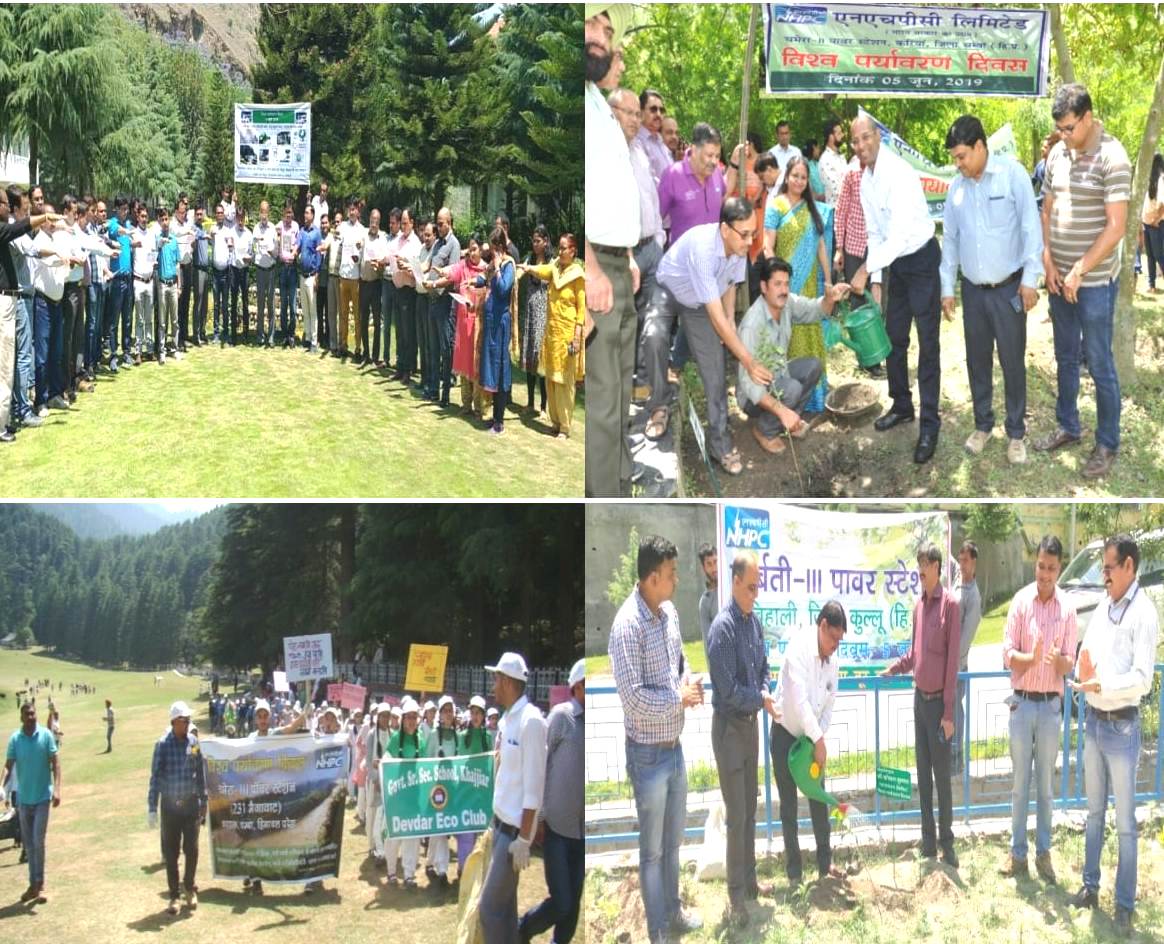
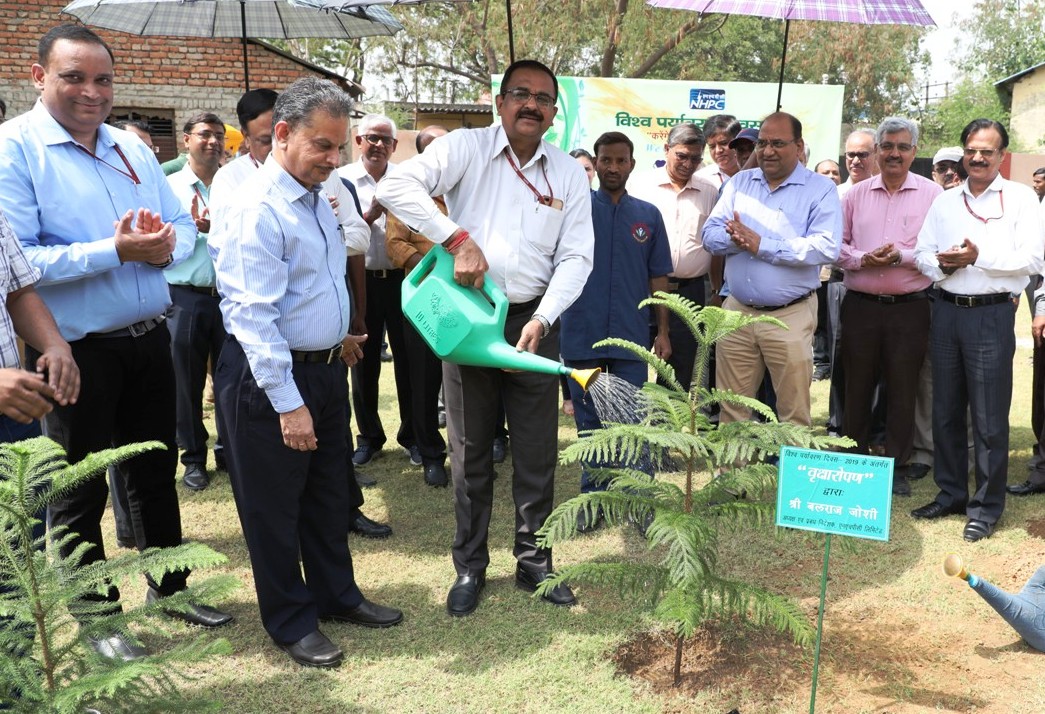
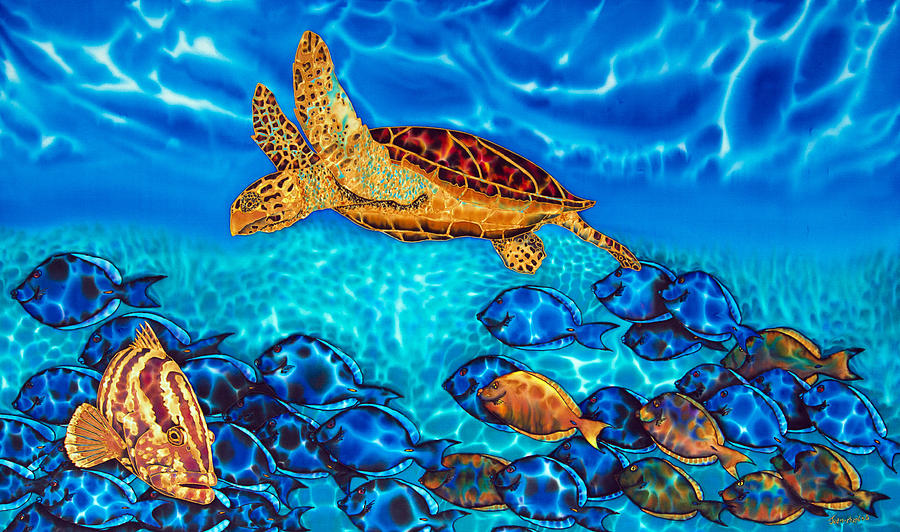
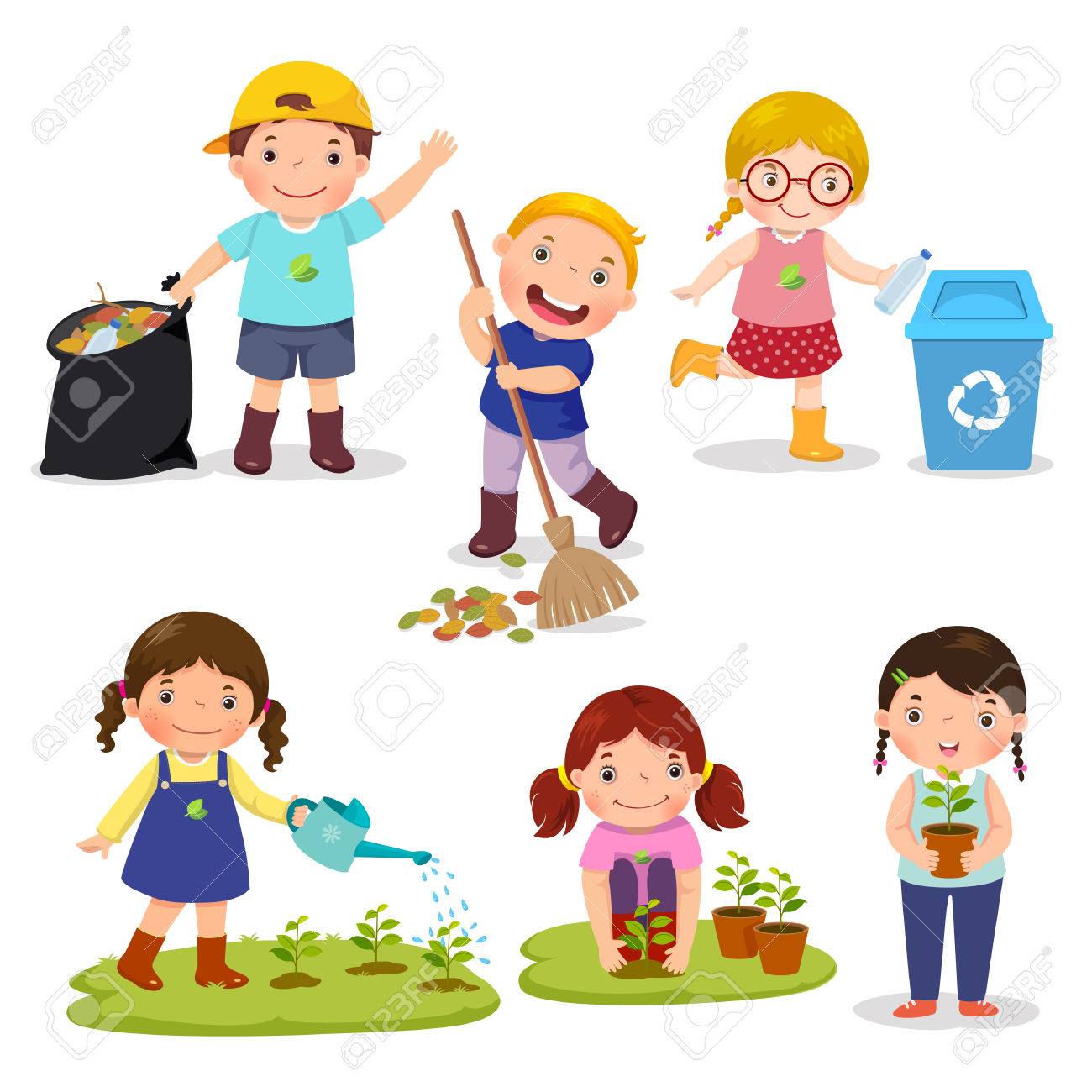
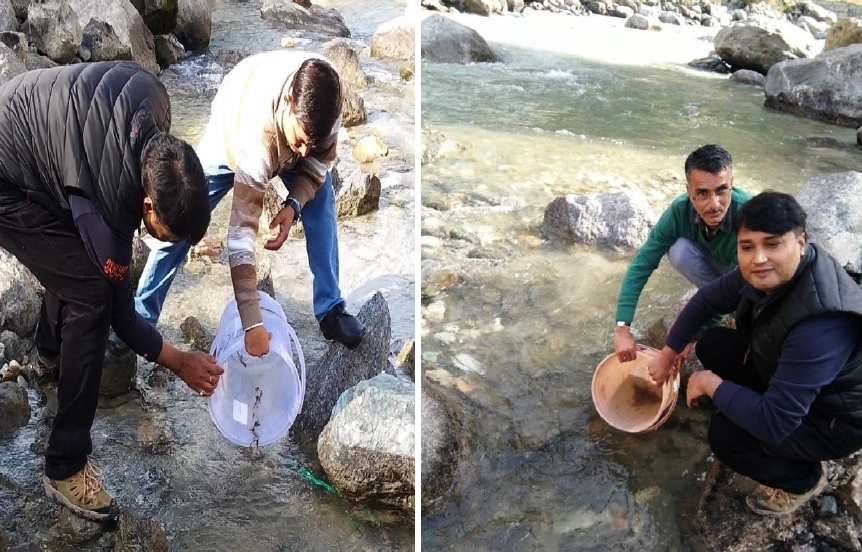


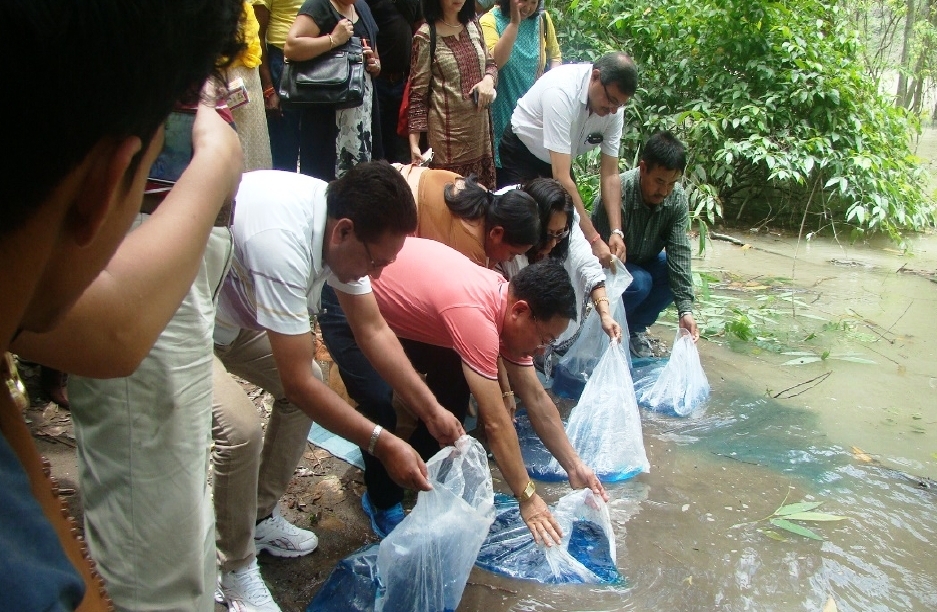
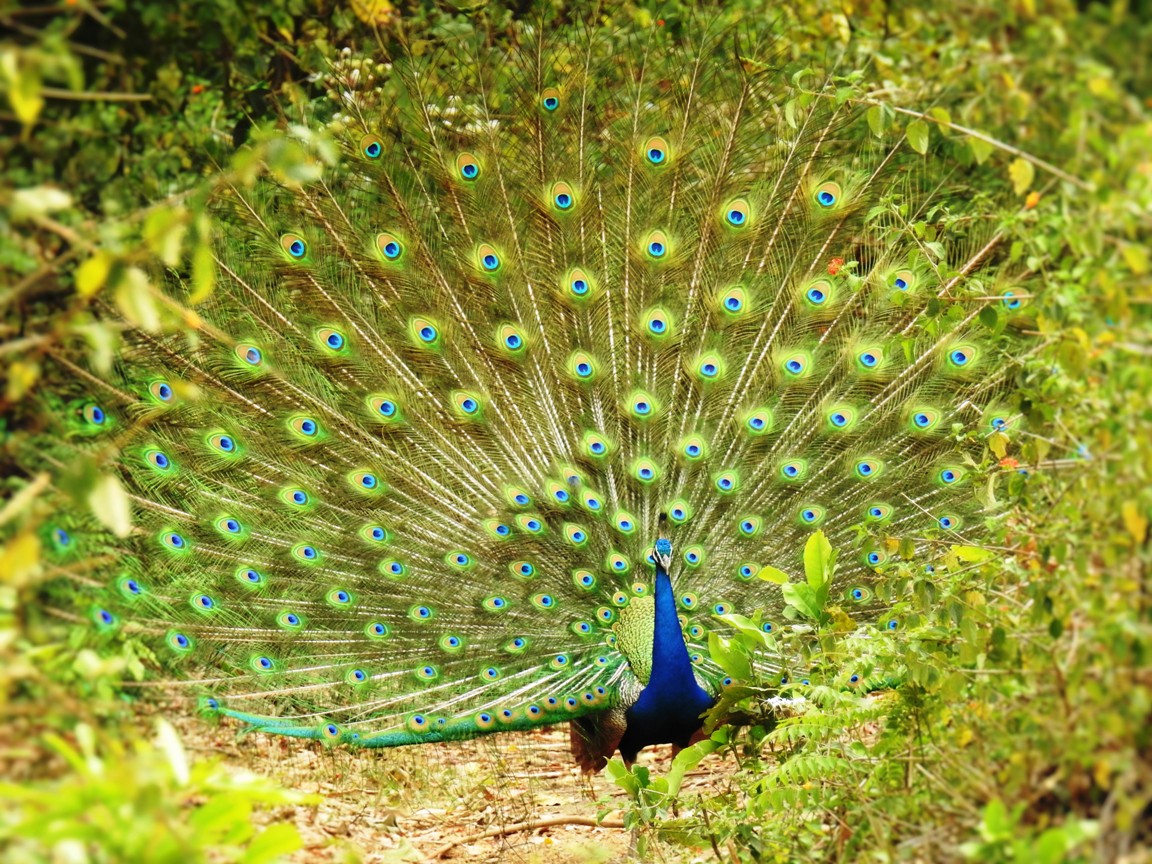
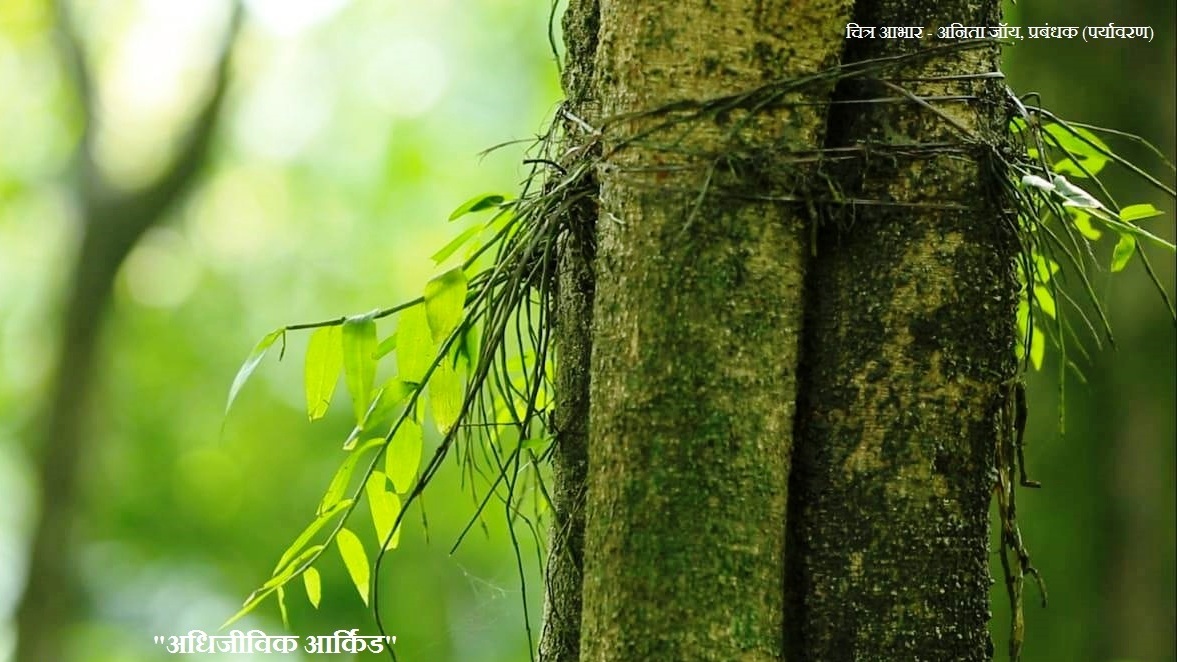
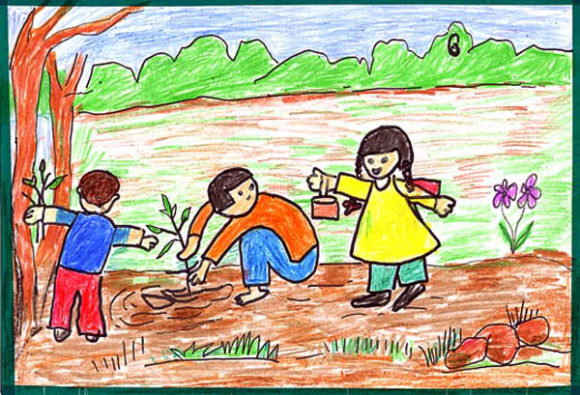
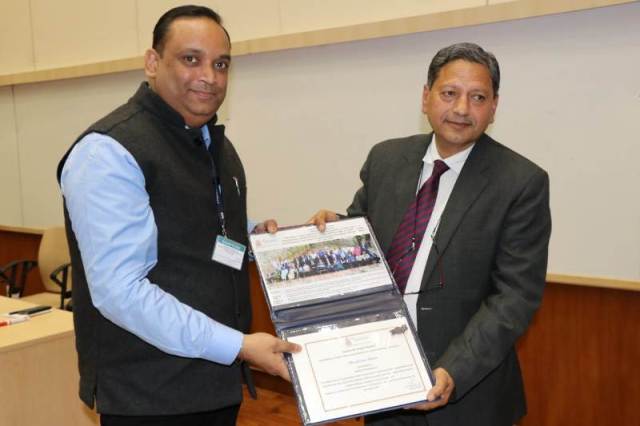
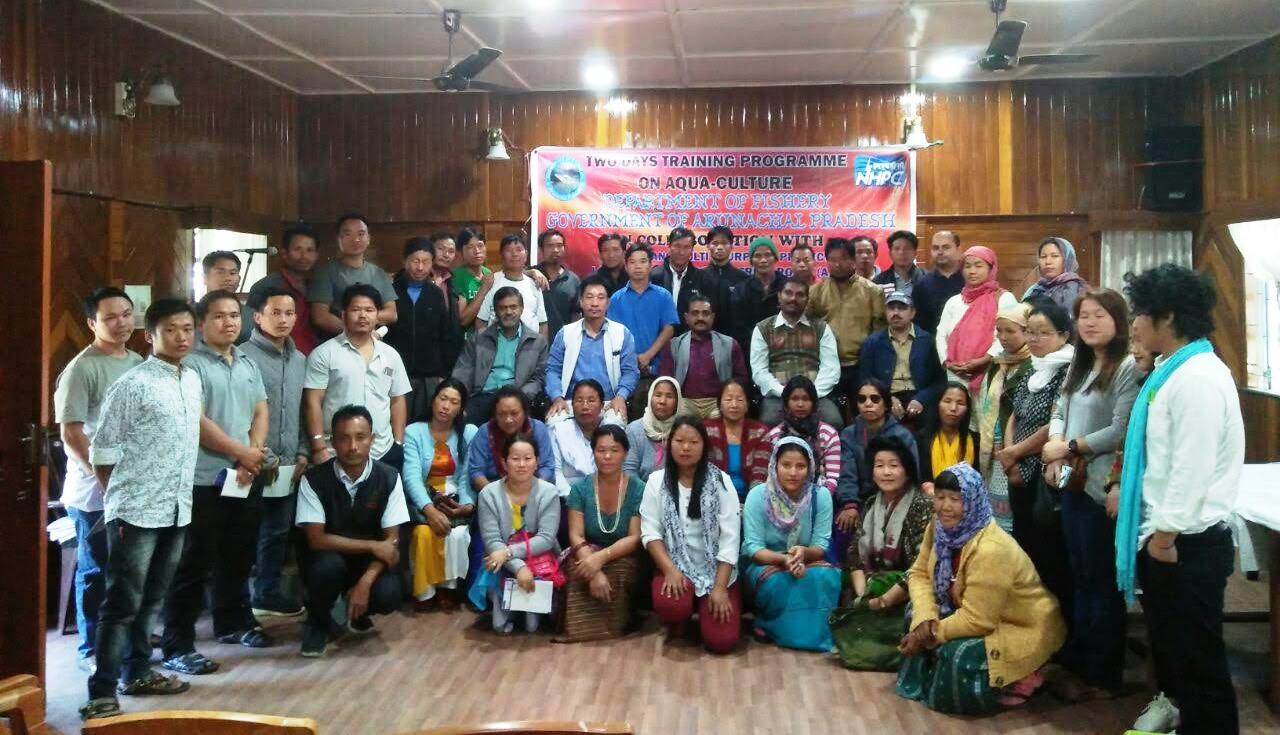
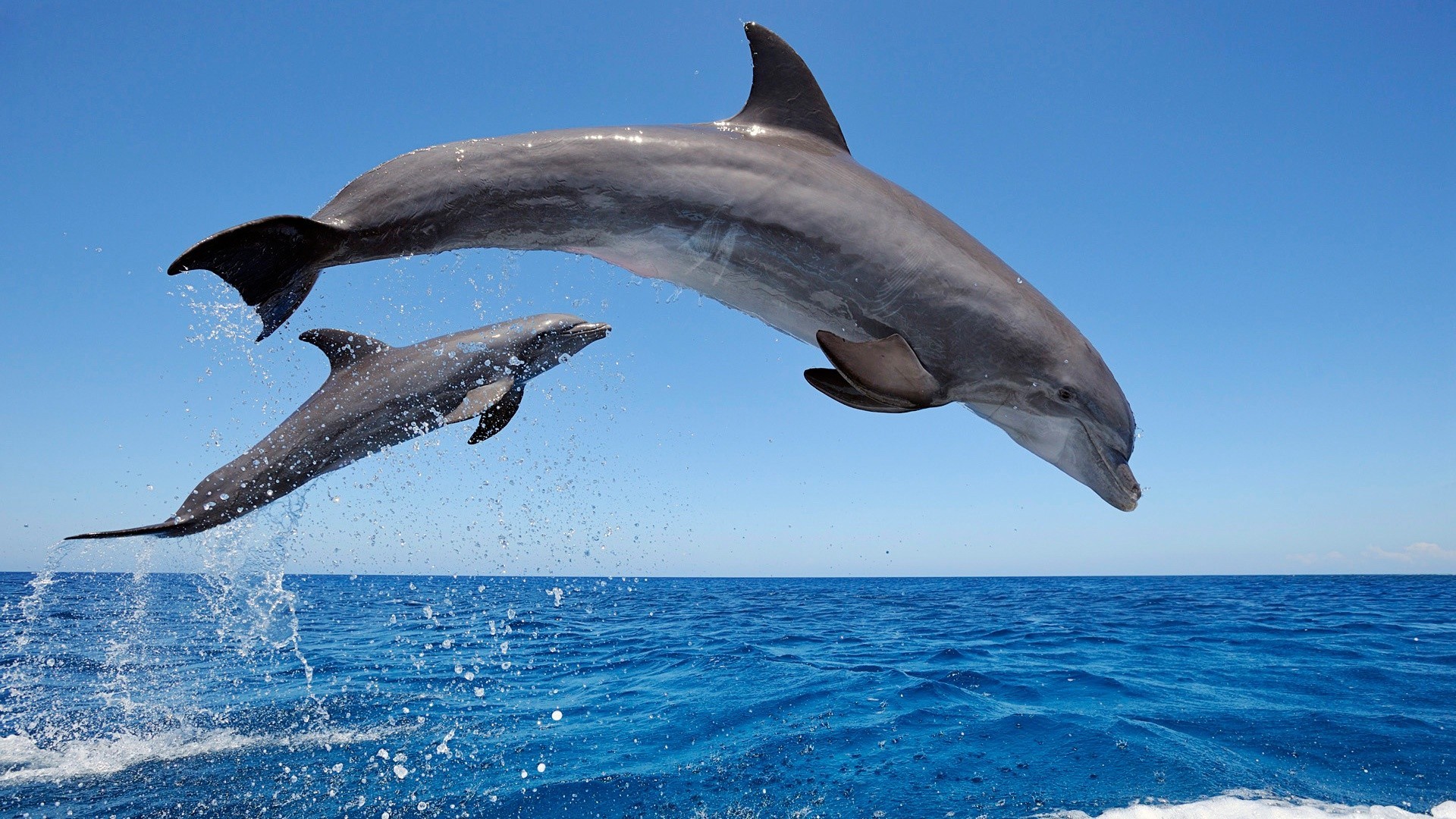
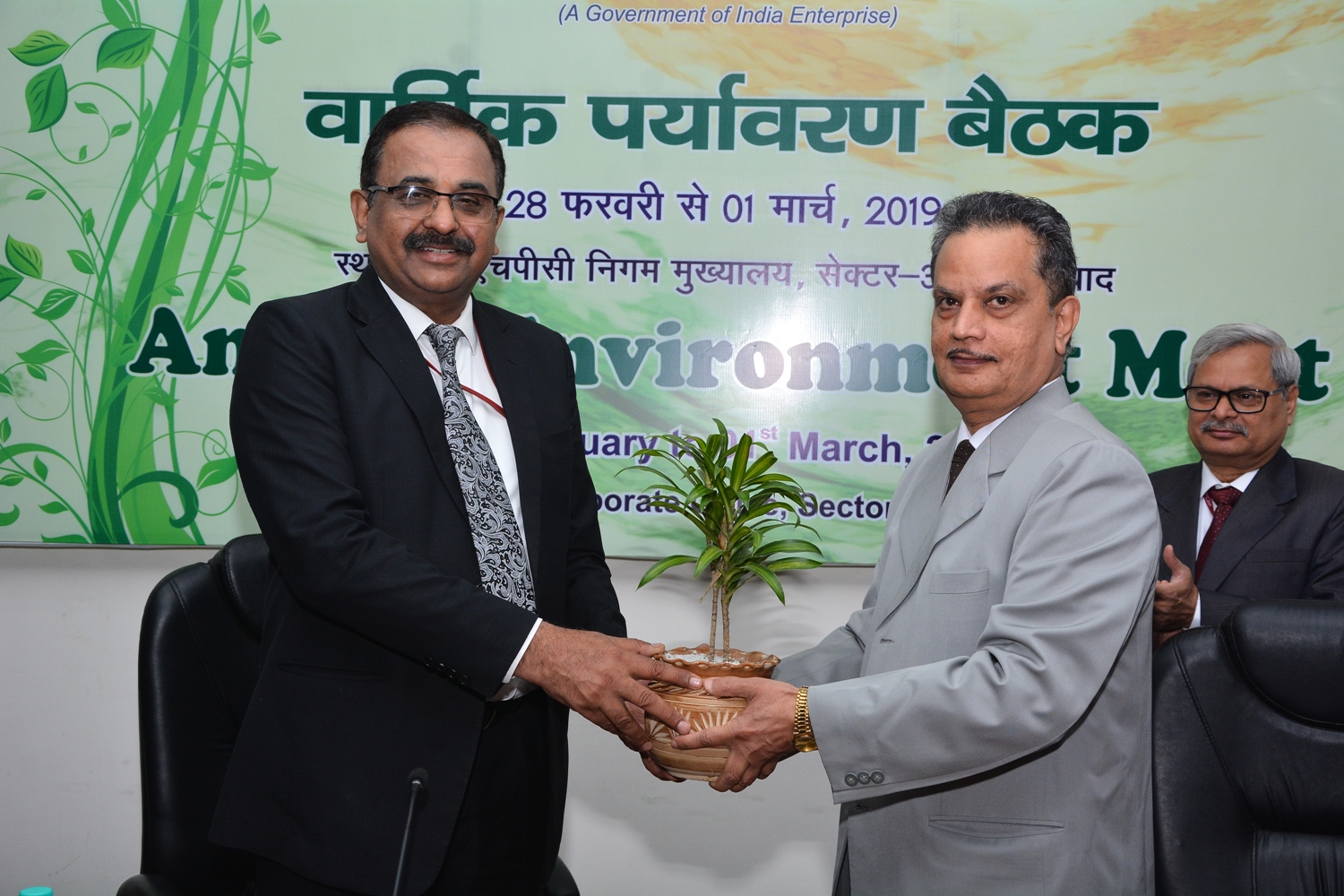











Leave a Reply